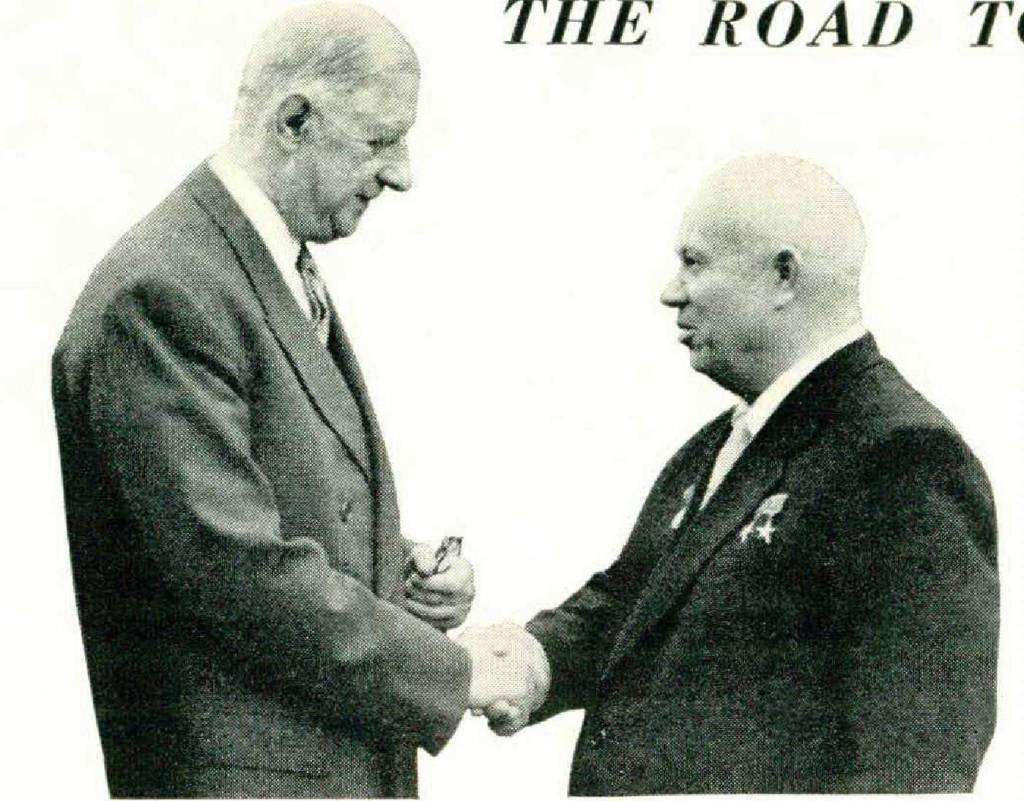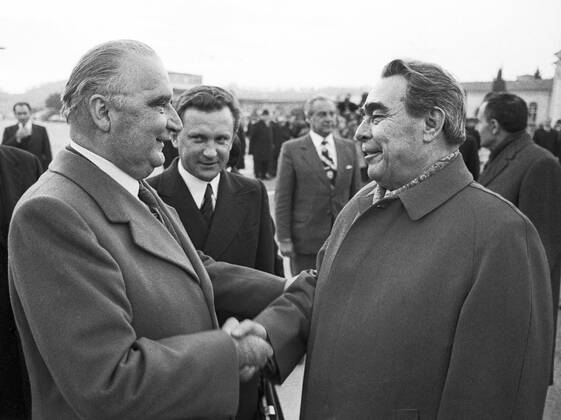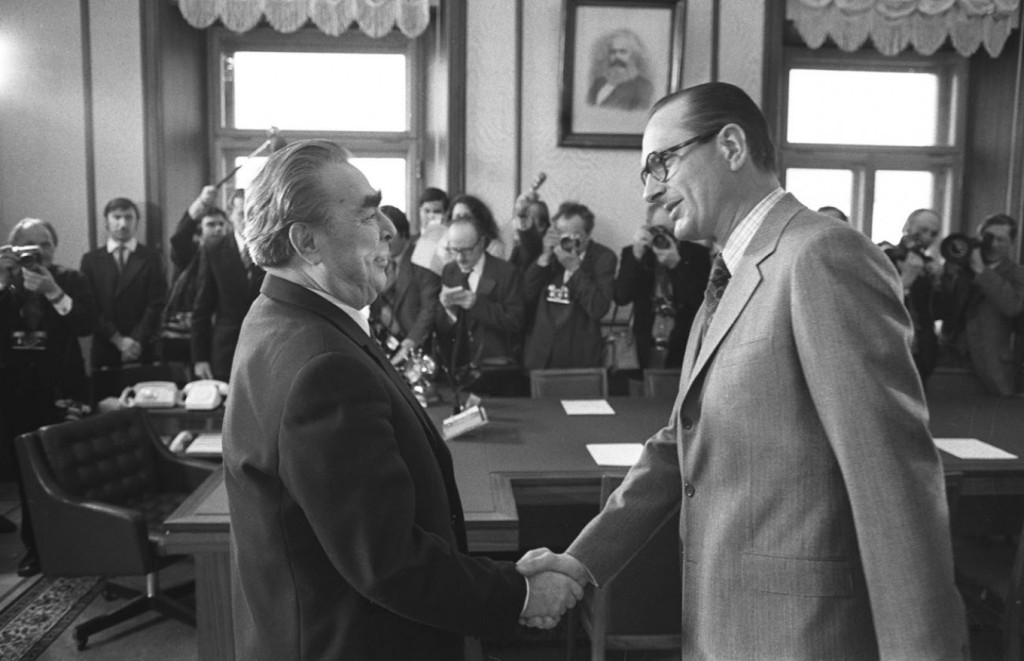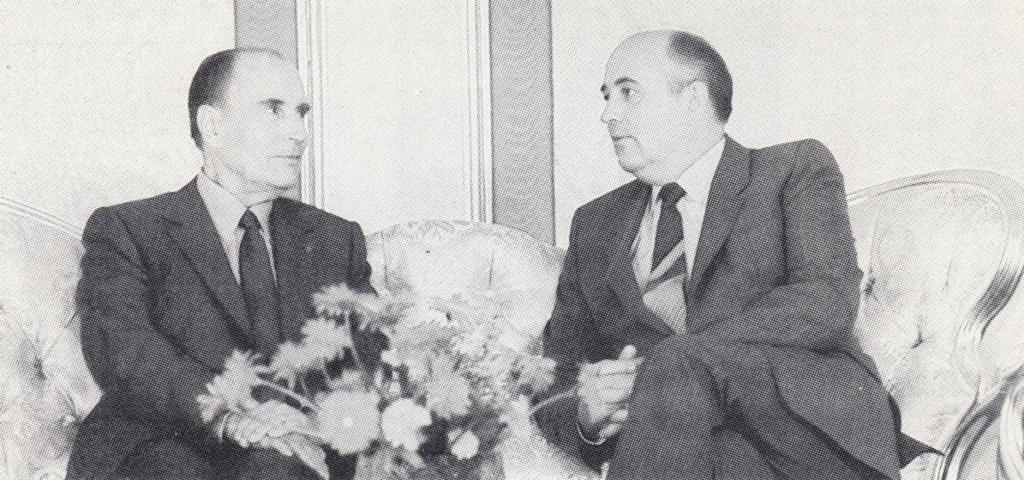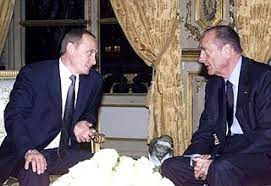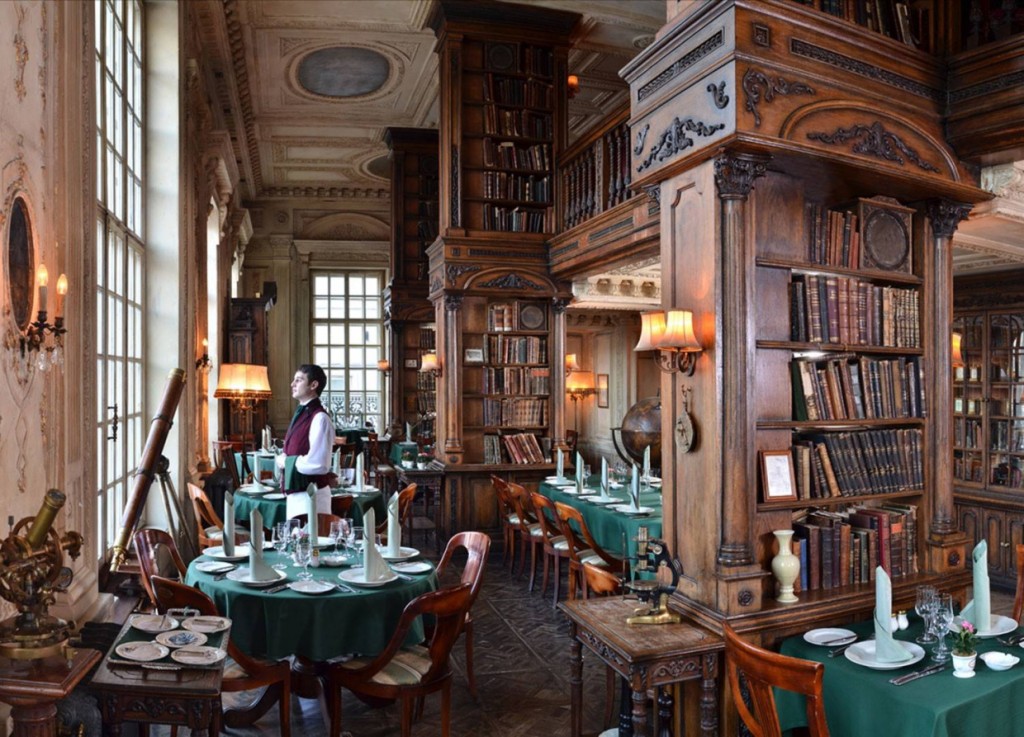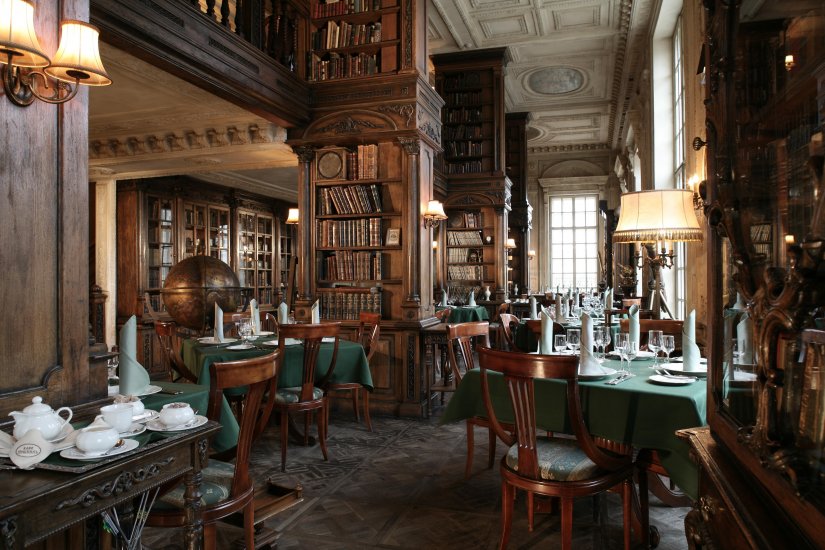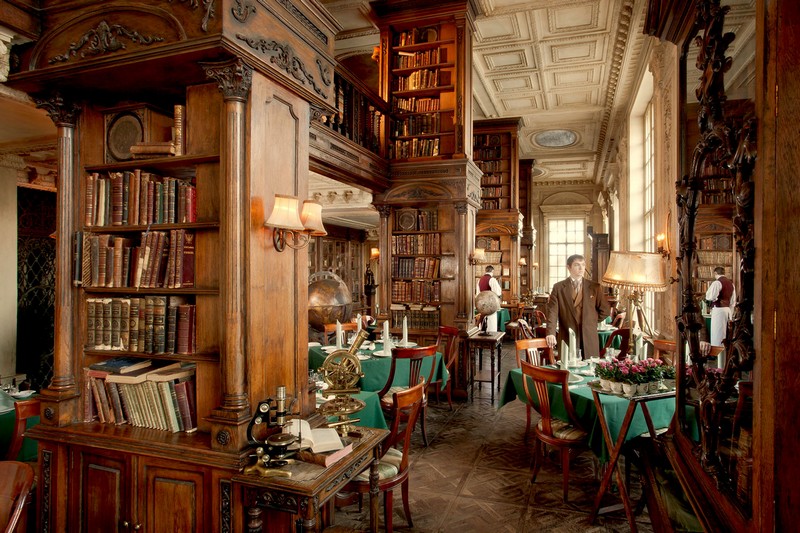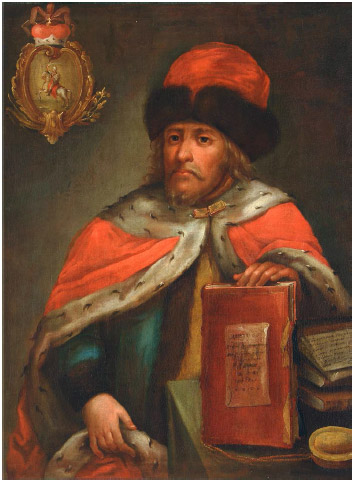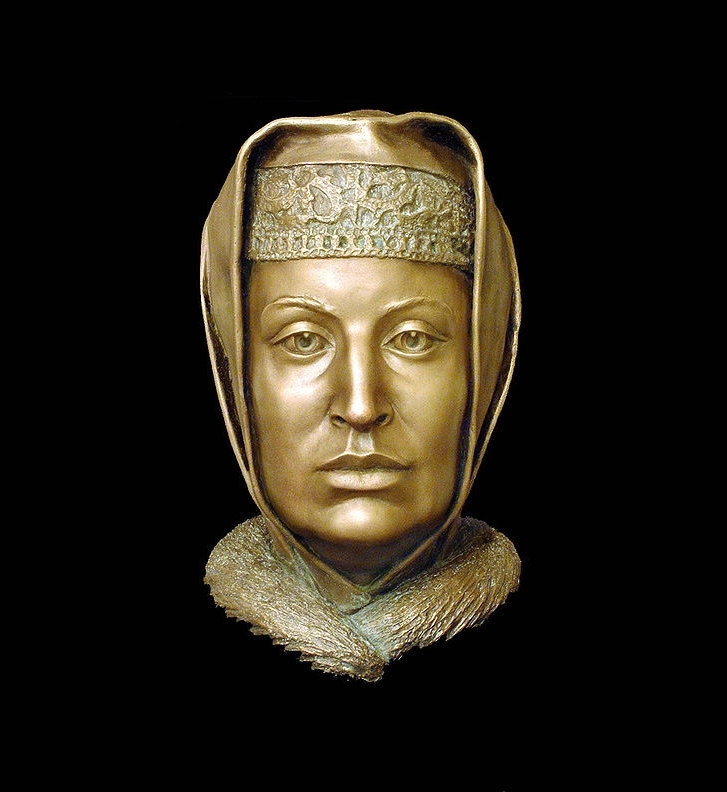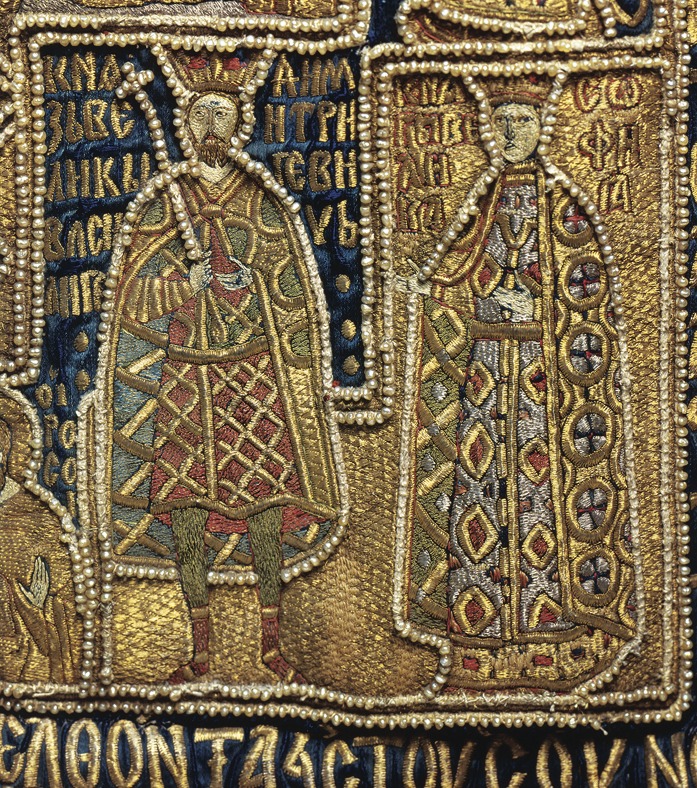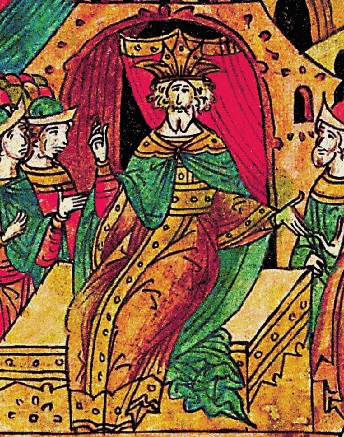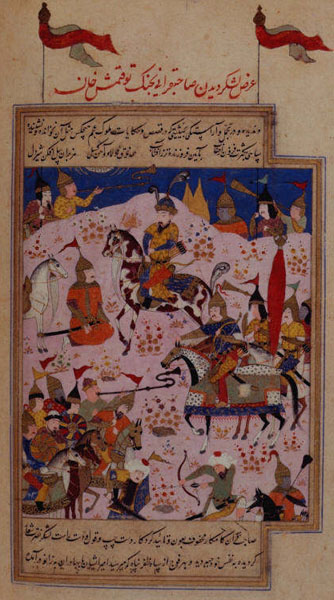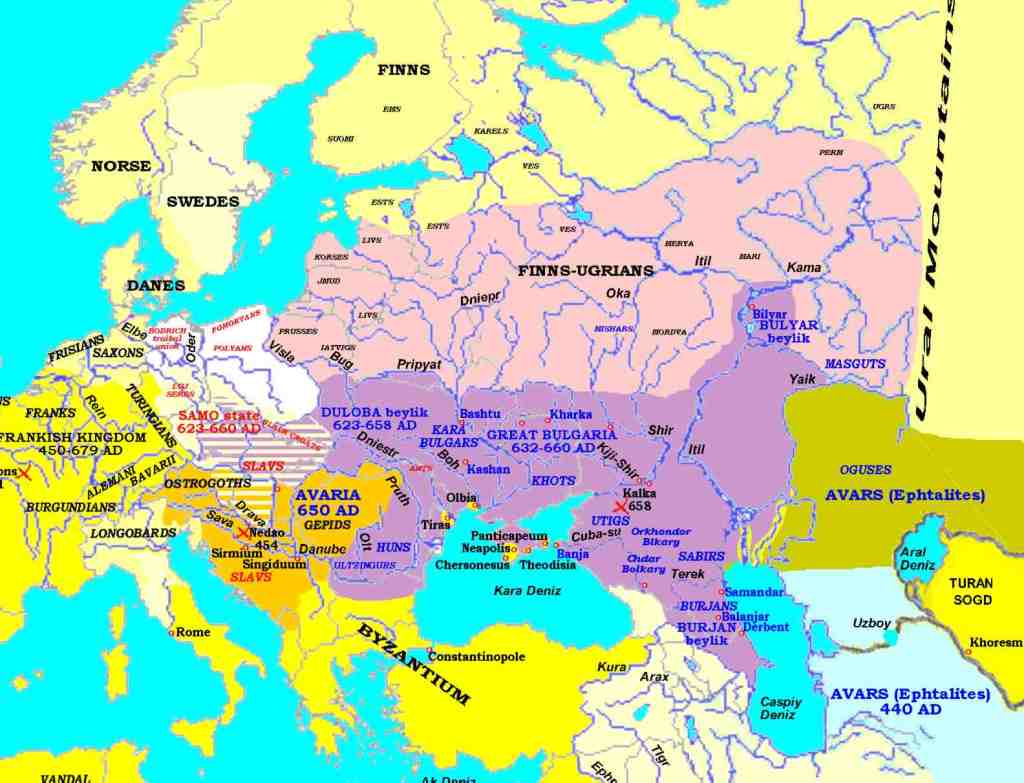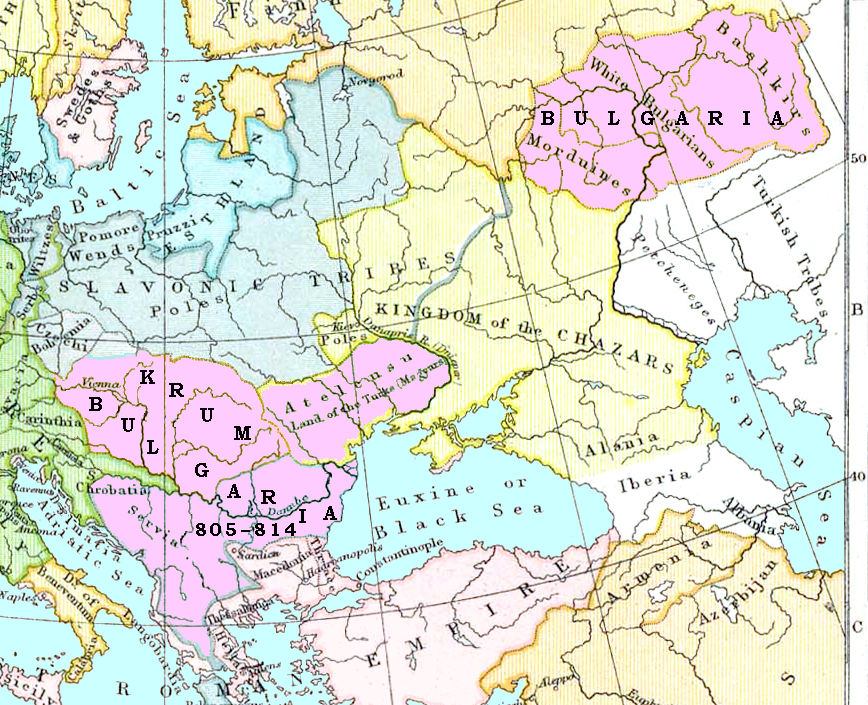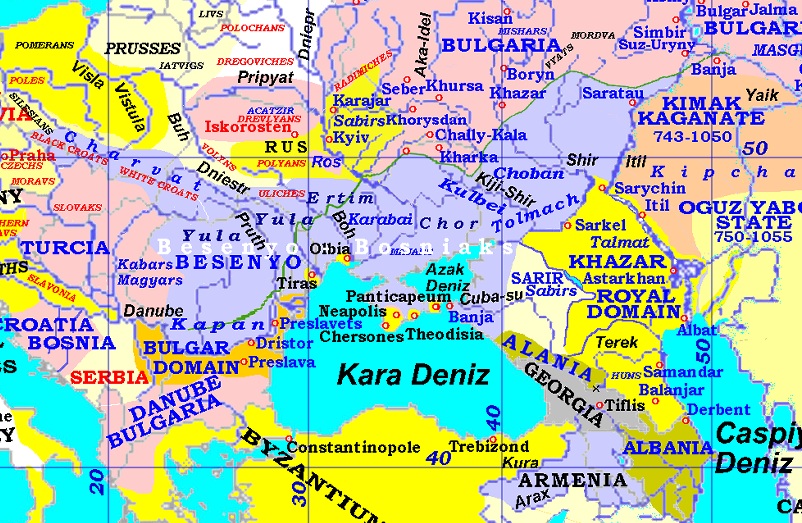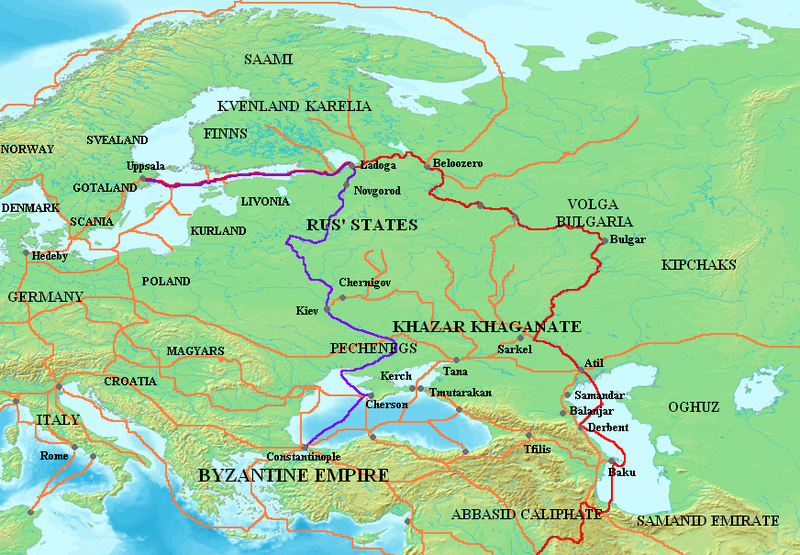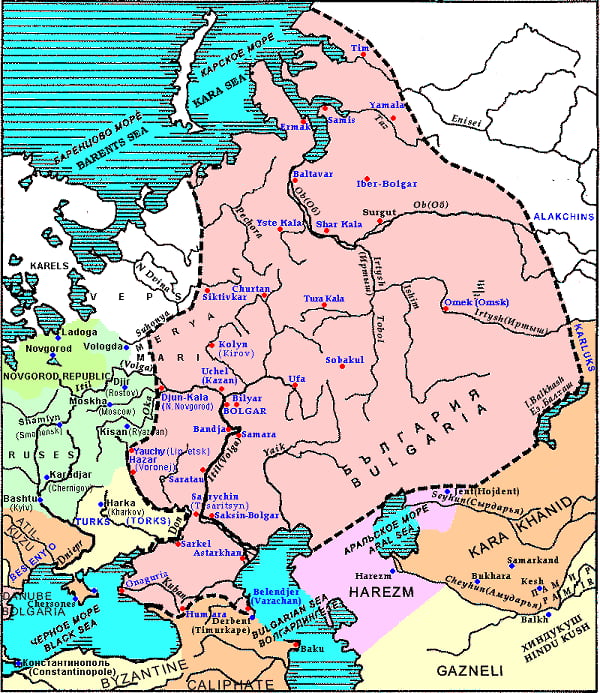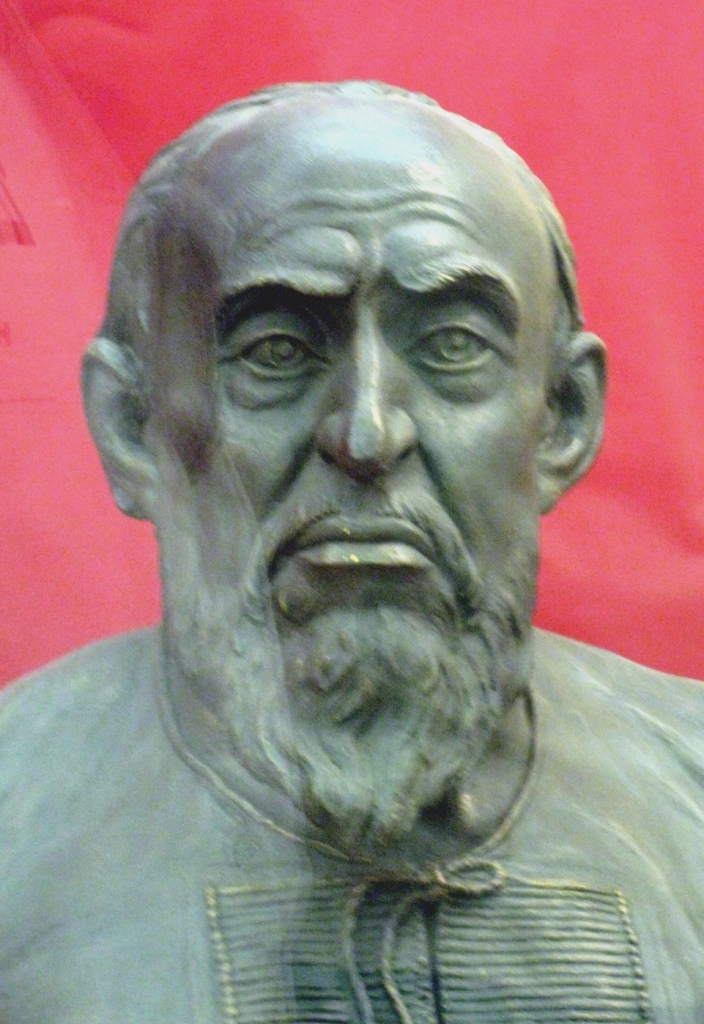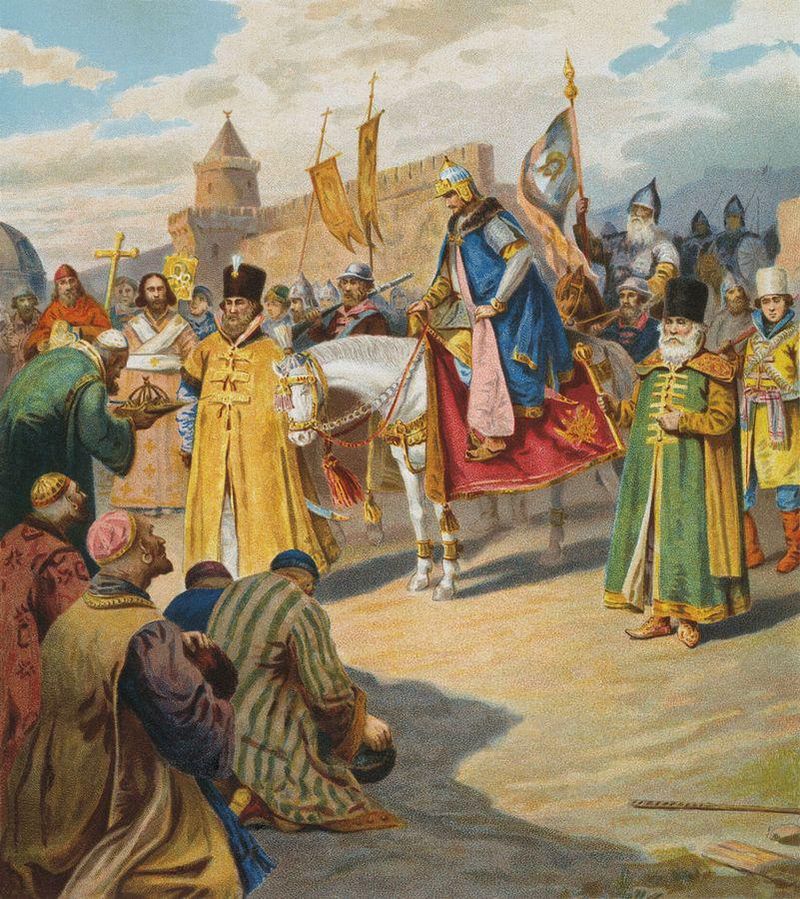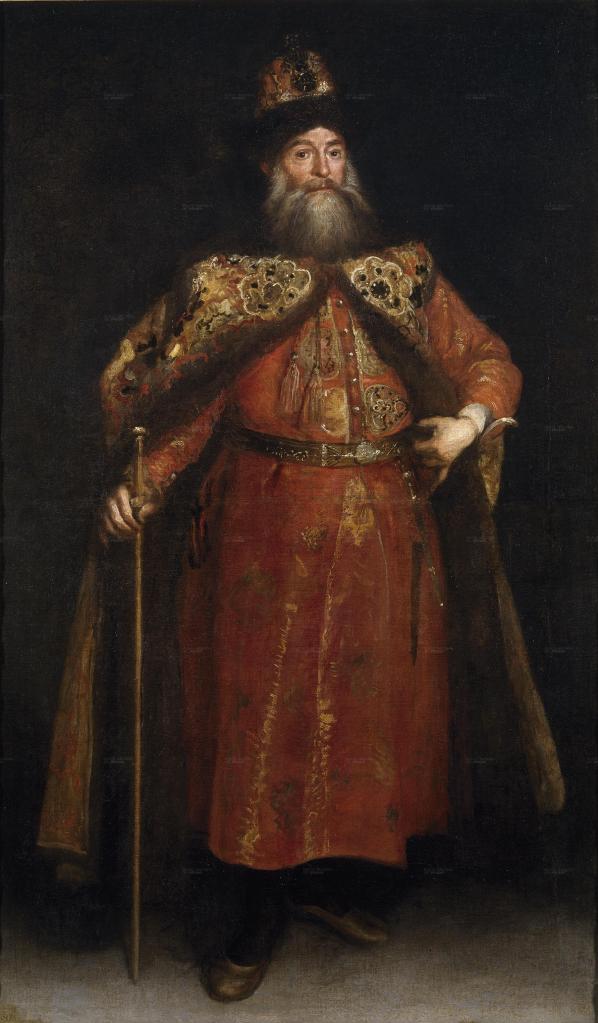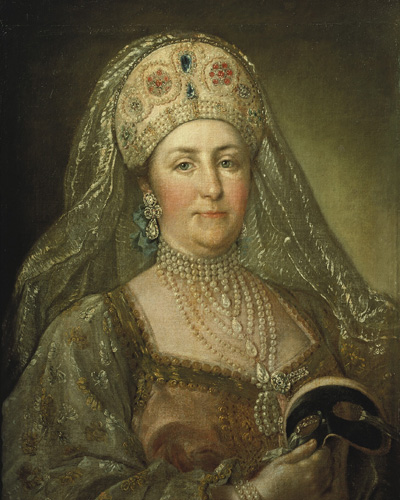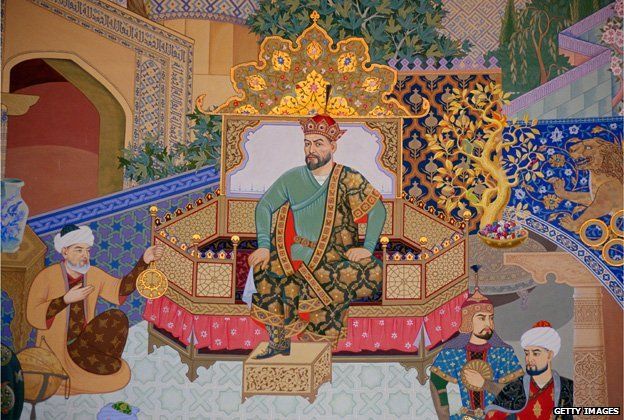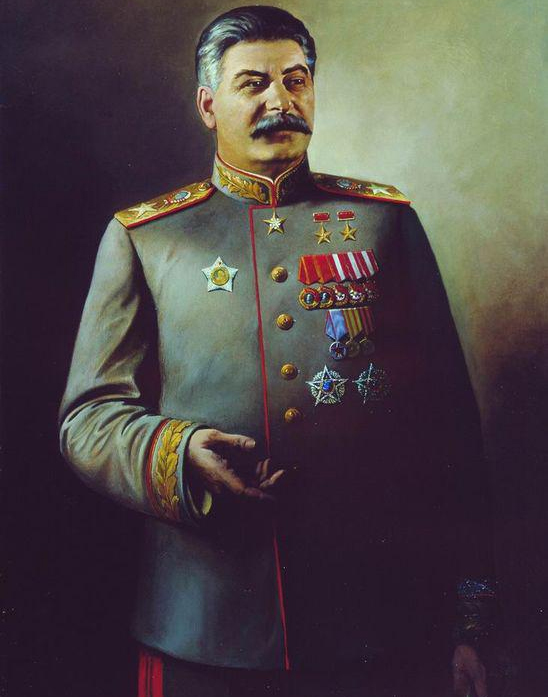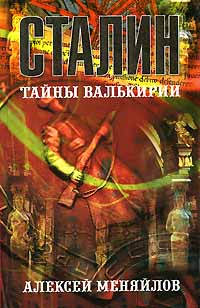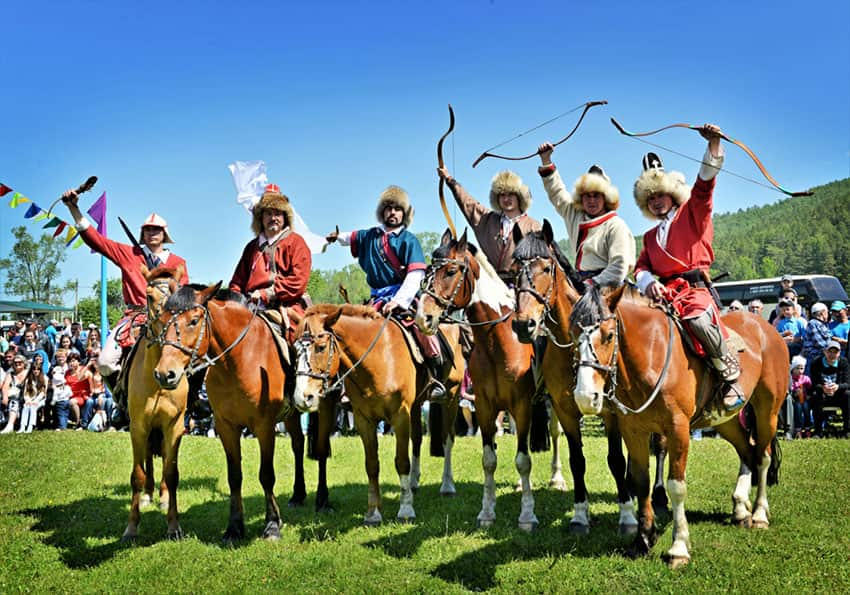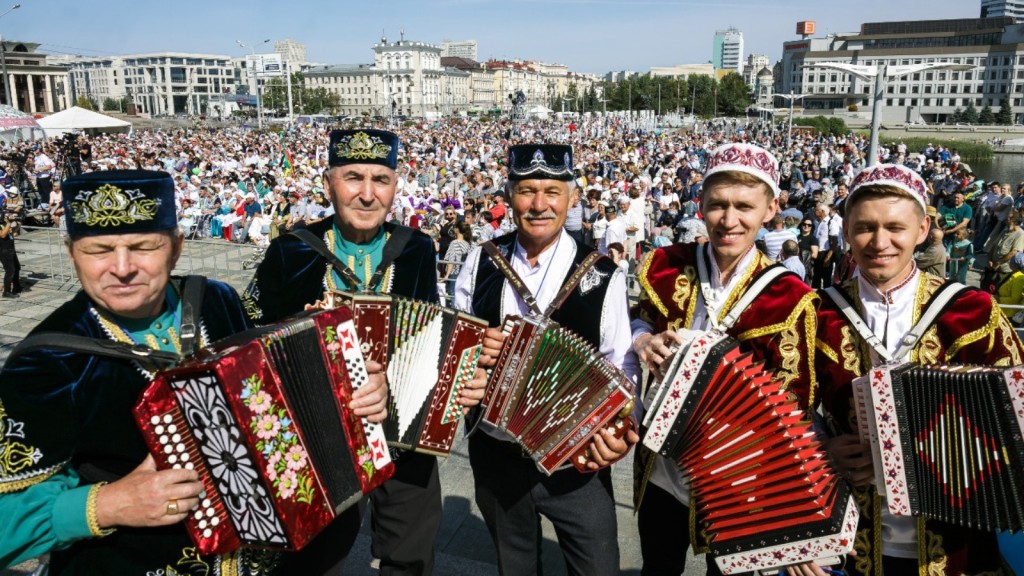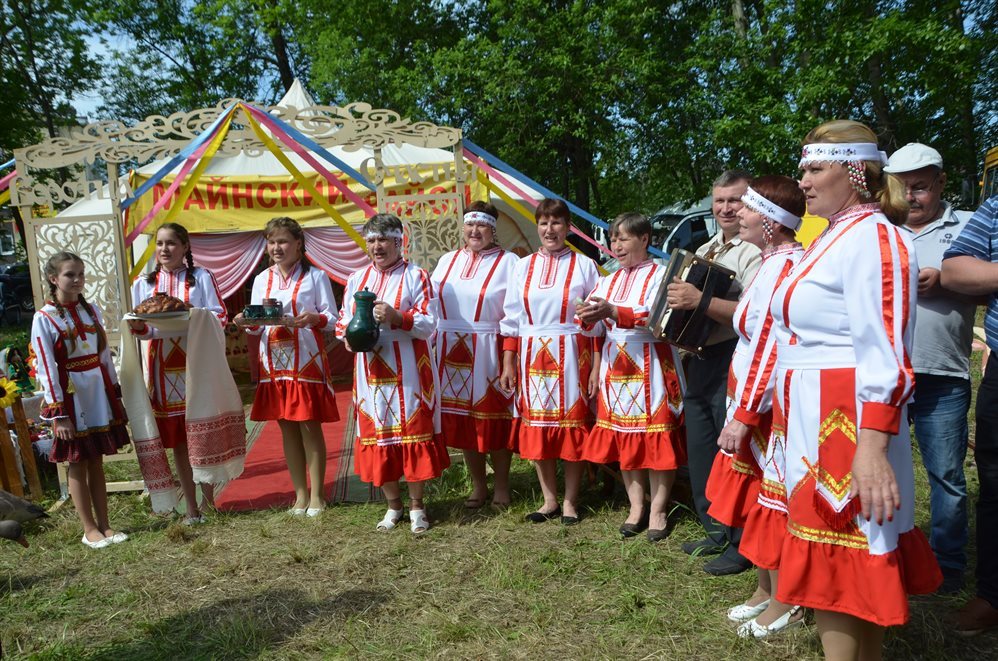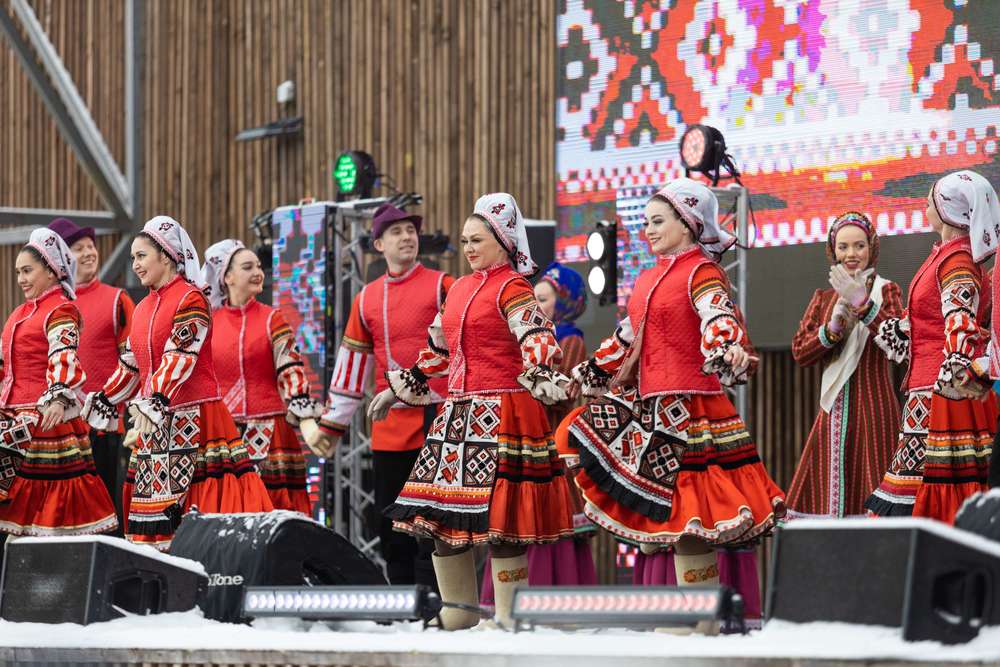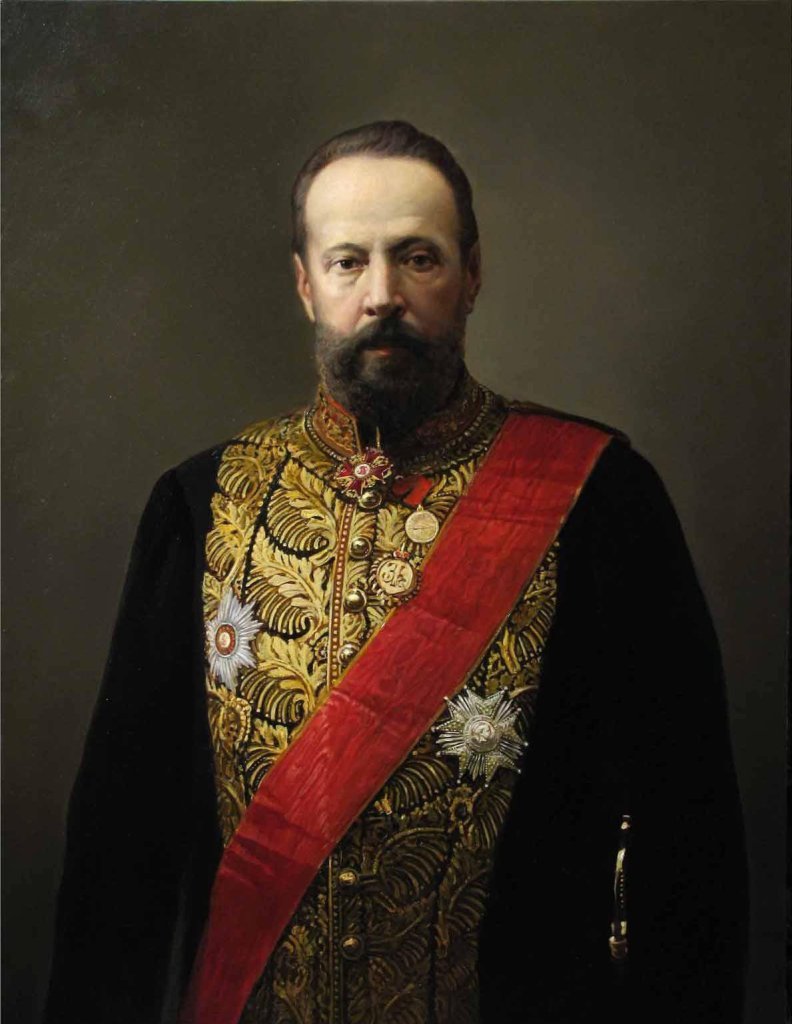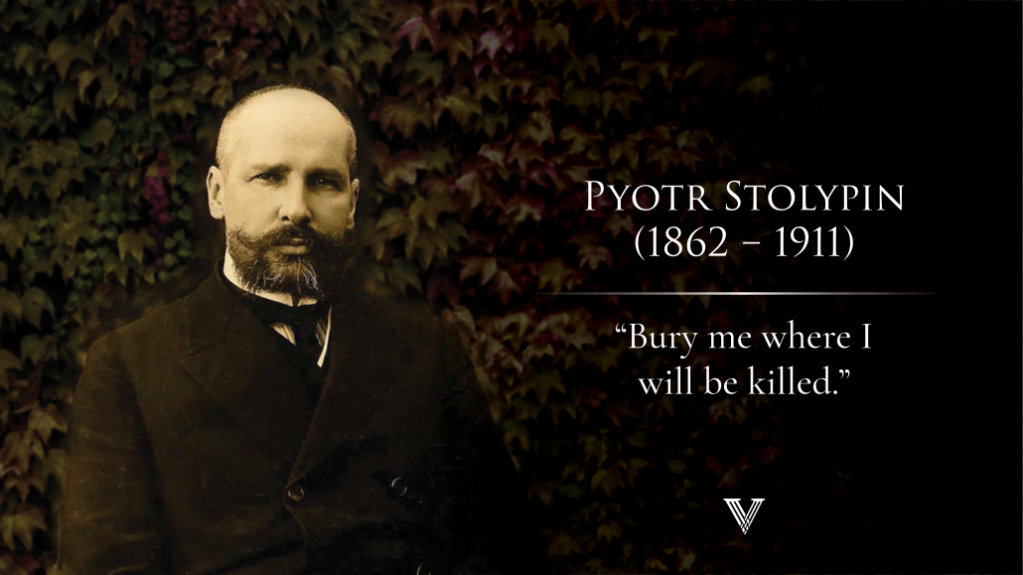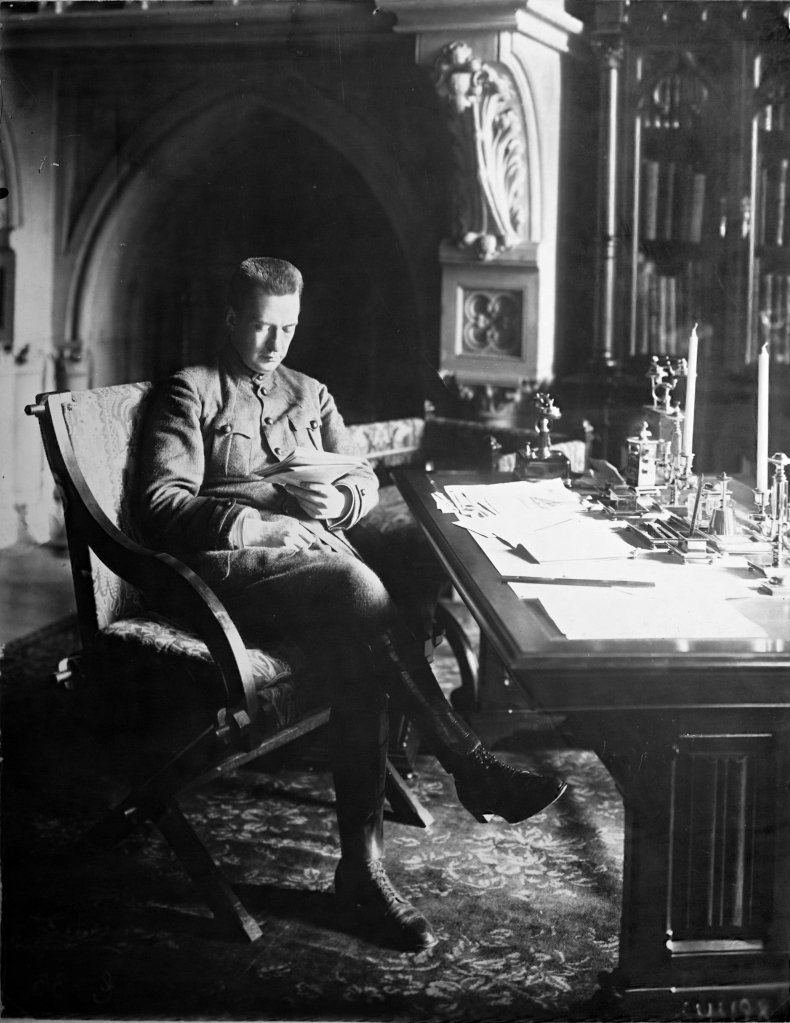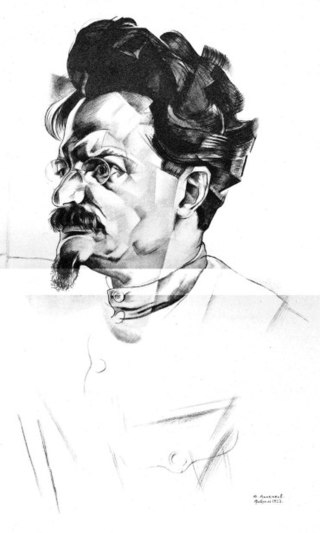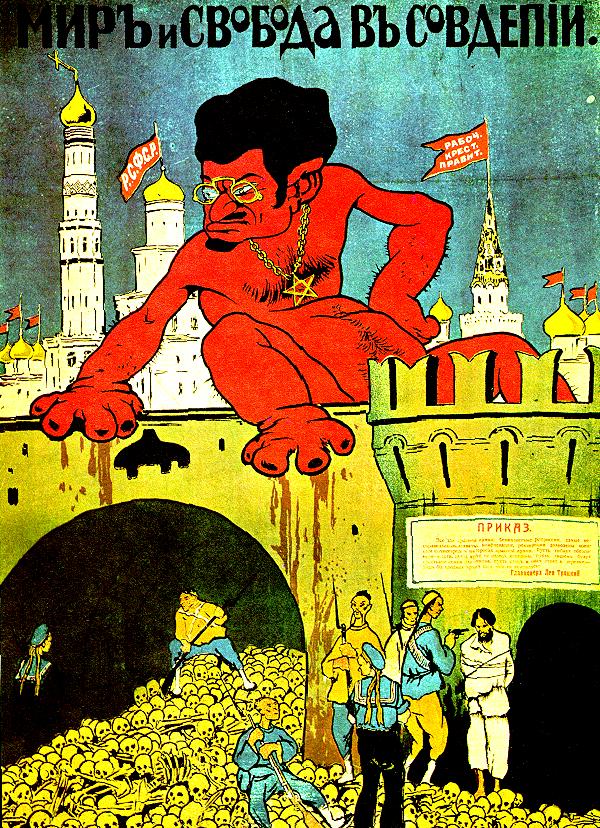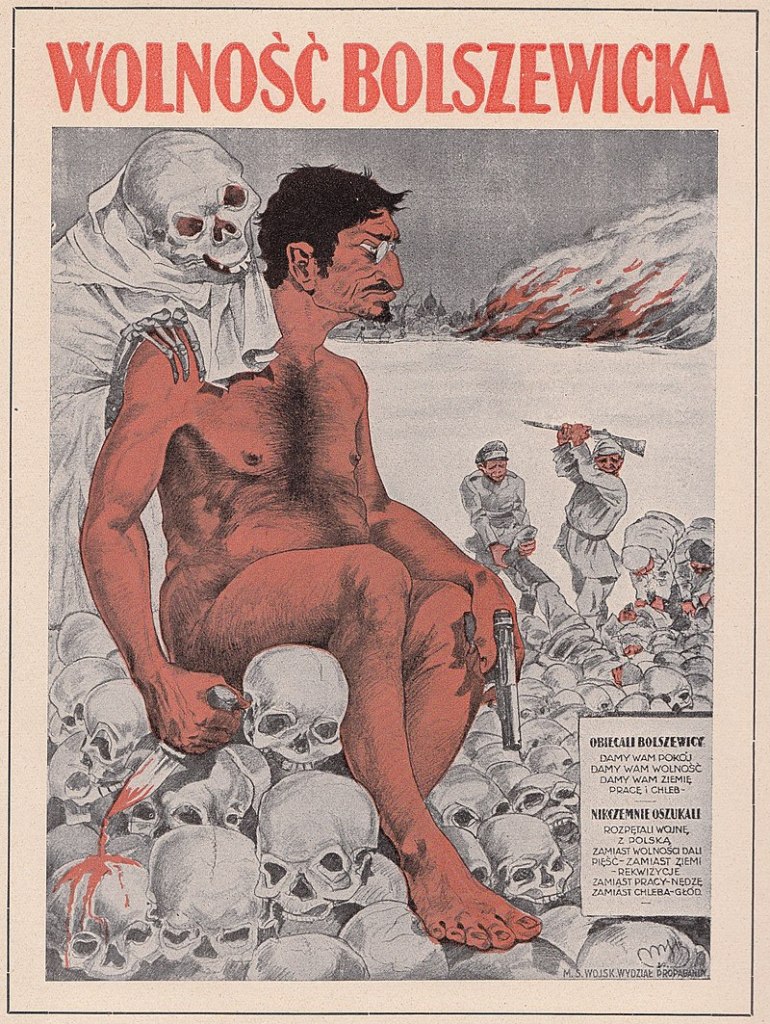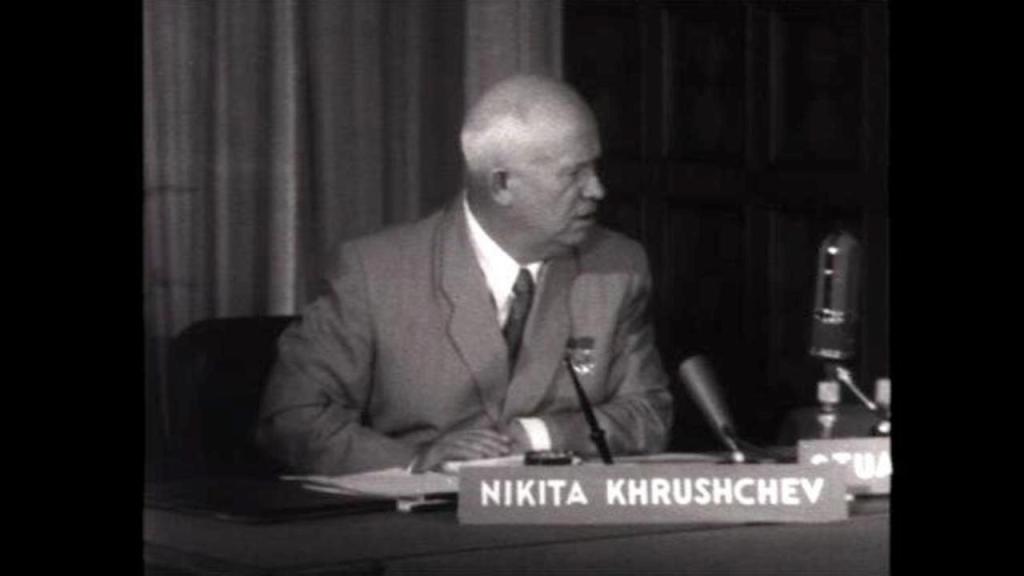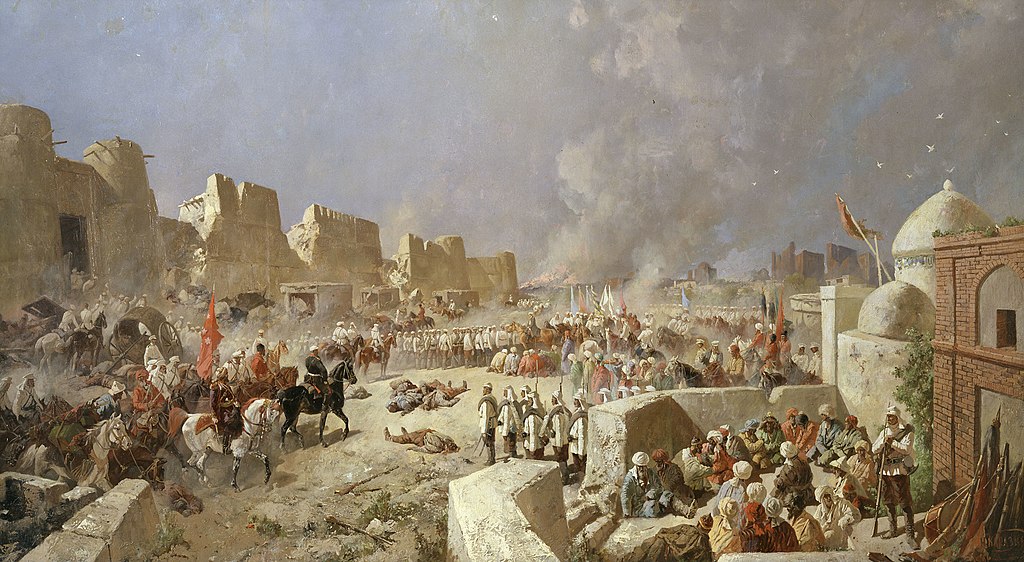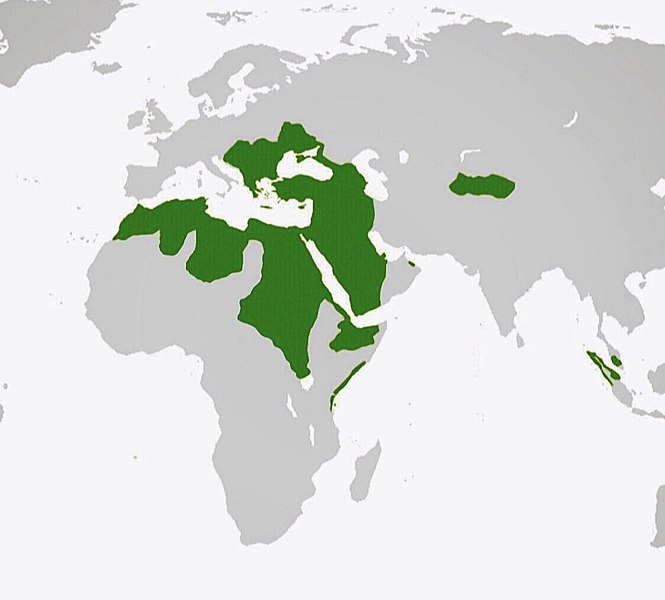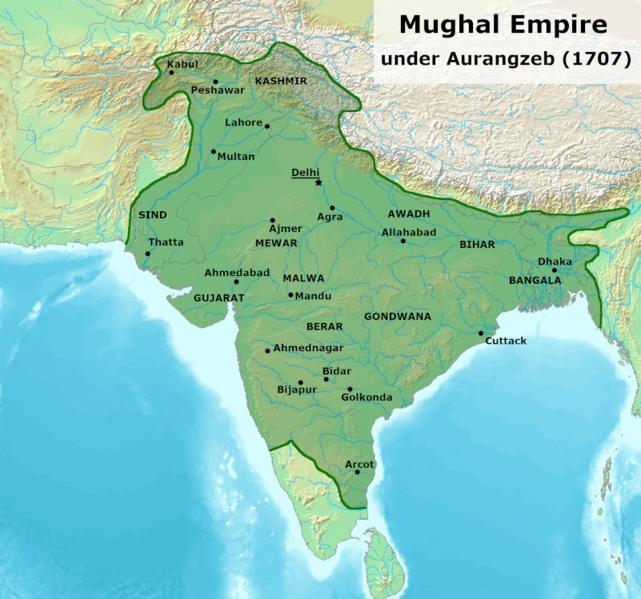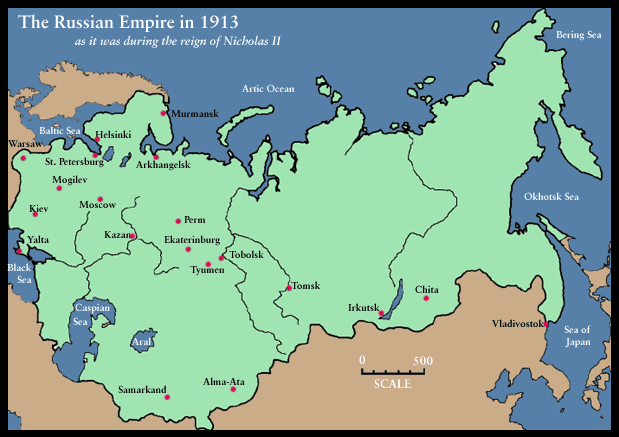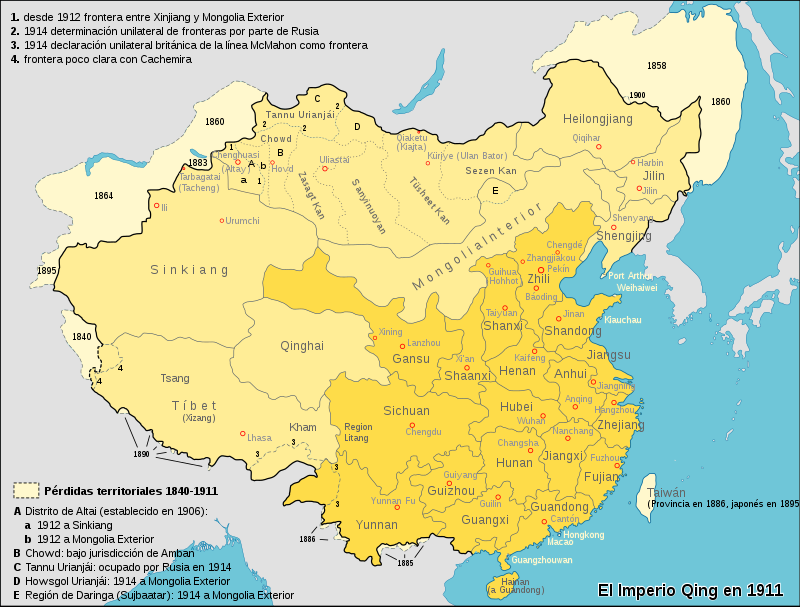Hélène Carrère d’Encausse : Des Intellectuels Jadidistes à Brejnev et à Poutine – Nécrologie
Элен Каррер д’Анкосс: от интеллектуалов-джадидистов до Брежнева и Путина — некролог

Contents
Introduction
I. D’Encausse is not Encausse!
II. L’Empire éclaté
III. Bobojon Ghafurov, the Tajik Soviet Orientalist, and his Hajj
IV. The Islamic Republic of Mecca & the Soviet invasion of Afghanistan
V. Broadened horizons: Orientalism and Sovietology
VI. ‘Le pouvoir confisqué’ & Hélène Carrère d’Encausse’s writing style
VII. Suslov, Pravda, and ‘The State and Revolution’
VIII. My classmates at Sciences Po: today’s ignorant, worthless and miserable administrators and politicians
IX. Nicos Poulantzas’ suicide & the Western leftist intelligentsia’s funerals
X. Either Leonid Brezhnev or Ronald Reagan – or get lost!
XI. How the Jadid Intellectuals impacted the formation of the Hélène Carrère d’Encausse School of Sovietology
XII. Charles de Gaulle, Georges Pompidou, and Hélène Carrère d’Encausse
XIII. Soviet Union, Spirituality, Religion and Eschatology
XIV. John Paul II, Ronald Reagan, and the Polish quagmire
XV. Viewpoint from the Mount Elbrus
XVI. The European convictions and the pragmatism of Hélène Carrère d’Encausse
XVII. The limits of historiography: a History of leaders and governance or a History of peoples and culture?
Содержание
Введение
I. Д’Анкосс – это не Анкосс!
II. «Расколотая империя»
III. Бободжон Гафуров, таджикский советский востоковед, и его хадж
IV. Исламская Республика Мекка (Теракт в Мекке) и советское вторжение в Афганистан
V. Расширение кругозора: ориентализм и советология
VI. «Конфискованная власть» и стиль письма Элен Каррер д’Анкосс
VII. Суслов, «Правда» и «Государство и революция».
VIII. Мои одноклассники в Science Po: сегодняшние невежественные, никчемные и жалкие администраторы и политики
IX. Самоубийство Никоса Пуланцаса и похороны западной левой интеллигенции
X. Либо Леонид Брежнев, либо Рональд Рейган — или проваливай!
XI. Как интеллектуалы-джадиды повлияли на формирование школы советологии Элен Каррер д’Анкосс
XII. Шарль де Голль, Жорж Помпиду и Элен Каррер д’Анкосс
XIII. Советский Союз, Духовность, Религия и Эсхатология
XIV. Иоанн Павел II, Рональд Рейган и польская трясина
XV. Смотровая площадка с горы Эльбрус
XVI. Европейские убеждения и прагматизм Элен Каррер д’Анкосс
XVII. Пределы историографии: история вождей и правления или история народов и культуры?
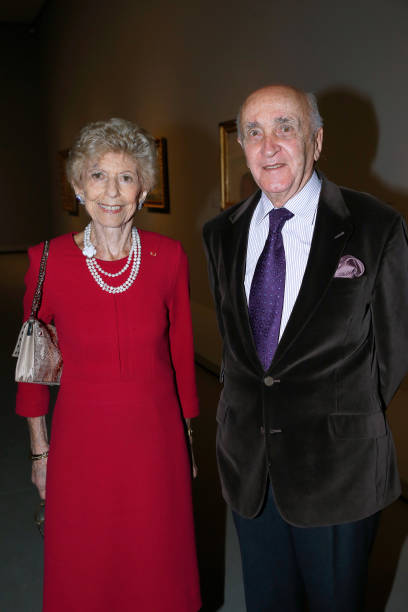
Introduction
She died 94; I am 67, and I was her student before 42-43 years, back in 1980-1981 at the illustrious Institut d’études politiques de Paris (also known as Sciences Po or IEP). Back at those days, the Anglo-Saxon countries and ‘universities’ were filled with nonsensical Kremlinologists, who were mere Anti-Soviet propagandists rather than objective scholars and impartial researchers.
It is certainly to the credit of my late professor, Hélène Carrère d’Encausse (6 July 1929-5 August 2023), that she killed this term in France, across the member states of the Francophonie, and throughout the Francophone world. The extremely absurd term ‘Kremlinologie’ never existed in French, as it was duly replaced by the far more reasonable word ‘Soviétologie’ – to large extent thanks to the deceased academician.
In fact, Hélène Carrère d’Encausse was the founder of the French School of Sovietology; she actually entered the academic arena in 1963 with her celebrated thesis “Réforme et révolution chez les musulmans de l’Empire russe, Bukhara 1867-1924” (Reform and revolution among the Muslims of the Russian Empire; Bukhara 1867-1924) {Préface de Maxime Rodinson (Thèse, Doctorat 3e cycle; Histoire Paris)}. But I am digressing! About:
Соболезнования в связи с кончиной Элен Каррер д’Анкосс
http://kremlin.ru/events/president/letters/71992
Condolences on the passing of Helene Carrere d’Encausse
http://en.kremlin.ru/events/president/news/71995
https://www.academie-francaise.fr/les-immortels/helene-carrere-dencausse
Путин выразил соболезнования в связи с кончиной Каррер Д’Анкосс
https://regnum.ru/news/3824659
Putin pays homage to late Helene Carrere d’Encausse
https://tass.com/society/1657513
RUSSIAN HISTORIAN HELENE CARRÈRE D’ENCAUSSE PASSED AWAY IN FRANCE
https://russkiymir.ru/en/news/316382/
Death of Hélène Carrère d’Encausse: “A great friend”, Vladimir Poutine speaks on the death of the academician
https://euro.dayfr.com/local/amp/627056
https://www.rbc.ru/rbcfreenews/64cef6d29a7947ff31dbfbe9
http://evene.lefigaro.fr/citations/helene-carrere-d-encausse
Французский политик Кристиан Ваннест: Европа живет в худших советских традициях
https://news2.ru/story/489445/
https://valdaiclub.com/about/experts/205/
https://ru.wikipedia.org/wiki/Каррер_д’Анкосс,_Элен
https://ka.wikipedia.org/wiki/ელენ_კარერ_დ’ანკოსი
https://fr.wikipedia.org/wiki/H%C3%A9l%C3%A8ne_Carr%C3%A8re_d%27Encausse
https://de.wikipedia.org/wiki/H%C3%A9l%C3%A8ne_Carr%C3%A8re_d%E2%80%99Encausse
https://it.wikipedia.org/wiki/H%C3%A9l%C3%A8ne_Carr%C3%A8re_d%27Encausse
https://es.wikipedia.org/wiki/H%C3%A9l%C3%A8ne_Carr%C3%A8re_d%27Encausse
https://en.wikipedia.org/wiki/H%C3%A9l%C3%A8ne_Carr%C3%A8re_d%27Encausse
https://fahrenheitmagazine.com/zh-CN/艺术/信/法兰西学院第一位女性院长海伦·卡雷尔·登考斯-%28Helene-Carrere-Dencausse%29-去世
https://fa.wikipedia.org/wiki/الن_کارر_دانکوس
I. D’Encausse is not Encausse!
I did not move to Paris (in October 1978) for postgraduate studies in Sovietology and Political Science; there was a time when I did not know her grand name. If someone asked me in 1978 whether I knew “d’Encausse”, I would certainly reply positively only due to my own misunderstanding, because I would recall my earlier readings and my research about Gérard Anaclet Vincent Encausse (also known as Papus), the illustrious French Freemason, occultist, hypnotist, thaumaturgist and mystic (1865-1915). Of course, as you can imagine, ‘Encausse’ was not ‘d’Encausse’, but still there was a certain Franco-Russian connection in this case, because Papus was sought after by none else than Nikolai Vtoroy (Czar Nicholas II)!
Facing social unrest after a calamitous and very humiliating defeat by the Japanese (1905), the Russian Emperor invited the famous mystic to Tsarskoye Selo (now known as Pushkin, 25 km from St. Petersburg), the imperial residence. It is said that in a particular séance, Encausse-Papus evoked the spirit of Alexander III (father and predecessor of Nicholas II, who had died one year earlier), and the … ‘spirit’ gave counsel for more repression (this was understandable at least) to ‘avoid a revolution’.
The ‘spirit’ must have apparently come from another universe, because ‘it’ did not know that the revolution had already taken place and it had been duly squelched. However, one of the most intriguing rumors maintained that Encausse-Papus said to the distressed Nicholas II that the fearsome revolution would not break out as long as he himself was in life (note that he died in 1915). About:
https://ru.wikipedia.org/wiki/Папюс
https://fr.wikipedia.org/wiki/Papus
https://en.wikipedia.org/wiki/Russo-Japanese_War
https://en.wikipedia.org/wiki/Tsarskoye_Selo
https://en.wikipedia.org/wiki/Russian_Revolution_of_1905
II. L’Empire éclaté
As a matter of fact, I relocated to Paris in order to undertake postgraduate studies in Egyptology, Assyriology, Hittitology, Northwestern Semitic languages, History of Religions, Gnosis, Manichaeism, and Oriental Christianism; soon afterwards I added Iranology, thus covering a vast area from North Africa to Central Asia and from Anatolia to the Indus River Valley. I also studied Russian Literature, thus continuing my earlier intensive studies of Russian language at the Greek Soviet Friendship Association in Athens (греко советское общество дружбы; 1975-1978), during my undergraduate studies. The interest for Russia/USSR was permanent, as part of my family had lived there.
It was in early 1979, in a rainy Saturday afternoon, that I found a fascinating book while spending some time in a bookstore; the title was ‘L’Empire éclaté’ (the Shattered Empire). It was published in 1978 and the author’s name was Hélène Carrère d’Encausse. As you can guess from the previous paragraphs, it was easy for me to retain the name! Reading few lines from several pages that belonged to different chapters, I realized that the core purpose of the well-written book was the solemn announcement of the forthcoming fall of the USSR. About:
https://fr.wikipedia.org/wiki/Sovi%C3%A9tologie
https://www.persee.fr/doc/rfsp_0035-2950_1971_num_21_2_418057_t1_0428_0000_002
https://el.wikipedia.org/wiki/Ελληνοσοβιετικός_Σύνδεσμος
https://studylib.ru/doc/2075199/obraz-grecii-v-sovremennoj-rossijskoj-presse
https://fr.wikipedia.org/wiki/L%27Empire_%C3%A9clat%C3%A9
Saying something like that at the time was not a joke; it was an entrance ticket to the madhouse. In 4-5 minutes, I was able to find out the major reason that the author evoked to support her claim; the Muslim populations of Central Asia and Caucasus were creating a major demographic challenge for the Russians, who -after some decades- would end up as the minority within the borders of the Soviet Union. It was enthralling. I bought the book and in the next few months, in parallel with my heavy schedule, I managed to read it all. It was certainly a best-seller in France. But there was a reason for this. On 16th January 1979, Muhammad Reza Pahlavi left Iran, and on 1st February 1979, the exiled Ayatollah Ruhollah Khomeini returned to Tehran.
In her ‘L’Empire éclaté’, Hélène Carrère d’Encausse did not discuss issues pertaining to Islamization or radicalization; but the scarecrow of a USSR -with the Russians as minority and the Turkic Muslim nations of Central Asia as the majority- could after some decades end up with either a nationalist revival or an Islamic theological conservatism.
It was not a bluff; there were many indications for this, well beyond the events in Iran. I was then shaping my understanding on the basis of diverse data and pieces of collected information. As I was studying the past of many countries of North Africa and the so-called Middle East, I befriended many students originating from those nations; they were next to me as we attended together various courses (Egyptology, Assyriology, Aramaic & Phoenician, History of the Red Sea region, etc.) and, before the courses started or ended, they used to become my source of information for what happened in Syria, Lebanon, Iraq, Yemen, Algeria, Egypt, Sudan, Iran, etc. I was constantly discussing with them in order to evaluate how the overall situation was from Morocco to Pakistan and from Turkey to Yemen. There was no Internet, no mobile telephony, and not even computers at those days, but people corresponded with others, and the news from Soviet Union did not look like the governmental or partisan propaganda of the last Brezhnev years.
III. Bobojon Ghafurov, the Tajik Soviet Orientalist, and his Hajj
The story of Bobojon Ghafurov was known to me already in 1979; Igor Diakonoff (Игорь Михайлович Дьяконов; 1915-1999), the famous Soviet Assyriologist, was friend of my French professor, the renowned Orientalist Jean Bottéro (1914-2007), and like that, I started corresponding with him; in parallel I also knew several other academics in USSR through my Communist connections. The Bobojon Ghafurov story was included in Diakonoff’s auto-biographical ‘Book of Memories’ (Книга воспоминаний) and it can be found in the Russian Wikipedia entry about him, but the news had already spread those days, because Ghafurov had just died.
The great Tajik Soviet statesman (Бободжан Гафурович Гафуров; 1908-1977) was also an outstanding Orientalist; he was the First Secretary of the Central Committee of the Communist Party of Tajikistan from 1946 to 1956, and from that date to the end of his life, he was the Director of the Institute of Oriental Studies of the Academy of Sciences of the Soviet Union. His doctorate thesis about the Ismailiyah (الإسماعيلية; the Isma’ili Order of Muslim mystics) was a most recommendable publication, and his contention about the Tajiks and Tajik History became easily a matter of grave polarization (Are the Tajiks ‘Persianized Turks’ or are the Uzbeks ‘Turkified Eastern Iranians’? / at the time, I did not side with either position, but now I accept the Ghafurov thesis, which is the second leg of the aforementioned dilemma). I have to add here that the Tajik Orientalist had become known to me through his academic partner and co-author, the Greek Soviet historian Dimitrios Tsibukidis (Димитриос Цибукидис; 1921-2006).
However, in 1974, Ghafurov found the correct political pretext (namely the initiation of some state contacts) to get a special permission to travel for Hajj to Mecca and Medina – at a time there were no diplomatic relations between USSR and Saudi Arabia; but apparently the real reason for this travel was a latent faith that had been meanwhile developed. No diplomatic improvement happened following this trip, but when the Tajik Orientalist returned, he made shocking revelations to all of his Orientalist colleagues; more specifically, he said that for him his career as statesman was meaningless, his academic employment was pointless, but the pilgrimage that he had just performed was highly considered among his friends and neighbors in the village. Afterwards, he lived the rest of his life at home. About:
https://en.wikipedia.org/wiki/Iranian_Revolution
https://ru.wikipedia.org/wiki/Гафуров,_Бободжан_Гафурович
https://en.wikipedia.org/wiki/Bobojon_Ghafurov
https://ru.wikipedia.org/wiki/Дьяконов,_Игорь_Михайлович
http://www.orientalstudies.ru/rus/index.php?option=com_publications&Itemid=75&pub=3109
https://ru.wikipedia.org/wiki/Цибукидис,_Димитриос
These words constituted an indirect confession of Muslim faith; the rumor spread among academics, Orientalists and partisans throughout the vast country and also beyond the borders; it was actually the time when Roger Garaudy (1913-2012) had become a Muslim. With her ‘L’Empire éclaté’, Hélène Carrère d’Encausse had caught the pulse of the moment. This made of her one of the very few people worldwide who predicted the fall of Soviet Union more than 10 years before it occurred. Two critical events took also place in 1979, setting the new stage of Soviet-Muslim polarization.
IV. The Islamic Republic of Mecca & the Soviet invasion of Afghanistan
First, from 20th November to 4th December 1979, the short-lived Islamic Republic of Mecca shook the foundations of the obsolete Saudi monarchy, particularly if we take into consideration the fact that king Faisal bin Abdulaziz Al Saud (1906-1975) had been assassinated. This development ended up in terrible bloodshed, but it acquired a fascinating eschatological dimension in the minds and the hearts of hundreds of millions of Muslims; now, it is somewhat forgotten and deliberately minimized as the ‘Grand Mosque seizure’, but it then made many Muslims believe that the arrival of Mahdi and Prophet Jesus was a really imminent affair, i.e. for the people of this generation. Actually, all the discourses and speeches made by the Juhayman group were strongly eschatological of character. It goes without saying that they undertook this operation, apparently guided by the criminal rascals of the English secret services.
Few days later, the Soviet army entered Afghanistan (24 December 1979) thus directly involving Moscow in a confrontation with the local stooges of the CIA. Contrarily to what many believe today, the Soviet operation in Afghanistan was not a mistake; things went wrong only because the Marxist-Leninist authorities did not realize that the Western secret services were not the enemies and the opponents of the Islamists but their producers, protectores and promoters; even worse, the Soviet leadership did not have a correct plan as to what to do after invading the country, which is a difficult mountainous terrain inhabited by many different nations that have nothing in common. About:
https://en.wikipedia.org/wiki/Soviet%E2%80%93Afghan_War
https://en.wikipedia.org/wiki/Grand_Mosque_seizure
https://en.wikipedia.org/wiki/Juhayman_al-Otaybi
However, thanks to the then existing SSRs of Turkmenistan, Uzbekistan and Tajikistan, a large part of Afghanistan should have been divided and annexed by these three Central Asiatic SSRs. Another large part of Afghanistan should have been established as the Hazara SSR and then adequately helped to integrate with the USSR. The rest would form the secluded Pashtun territory and Pashtun populations from other parts of the fake state of Afghanistan should have been relocated there. After the resettlement of all the populations as per the aforementioned arrangements, the Soviet army would only need to militarily occupy the Pashtun territory which would not be larger than 150000 km2. But all the good Soviet Orientalists had failed to realize that there is no Afghan nation and that Afghanistan was (and still is) a fake country fabricated by the English colonial gangsters of the East India Company as a means of weakening the Iranian Safavid-Afshar-Qajar Empire.
V. Broadened horizons: Orientalism and Sovietology
For me, my studies and my understanding, the books of Hélène Carrère d’Encausse constituted an exquisite opportunity to establish bridges between Russia and the Ancient Orient, Russia and Central Asia, Iran and Central Asia, and Russia and Africa. It was then that I became fully conscious of a fact that I already knew somewhat superficially: that Russia was part of the ‘Orient’, and not of the ‘Occident’. This was actually the first territorial expansion of my research interests.
That is why after two years of postgraduate studies in the aforementioned disciplines of Orientalism, I decided to also enroll in the department for doctoral studies in Sovietology (Cycle Supérieur d’Etudes sur l’URSS et l’Europe Orientale) where, in addition to the seminar offered by the head of the department, I would also follow courses conducted by the Polish-French scholar Eugène Zaleski (a very remarkable specialist on Political Economy and Soviet economic planning), Patrice Gélard (who became later a senator), who scrutinized Soviet Constitutional Law, and many others. It was a well-organized department superbly put in order by Renée Sergent, an excellent administrative assistant who was of great help for all the students. About:
https://www.cairn.info/revue-internationale-et-strategique-2002-3-page-158.htm
https://fr.wikipedia.org/wiki/Institut_d%27%C3%A9tudes_politiques_de_Paris
https://ru.wikipedia.org/wiki/Институт_политических_исследований_(Париж)
https://en.wikipedia.org/wiki/Sciences_Po
https://pl.wikipedia.org/wiki/Eugeniusz_Zaleski
http://stephanezaleski.chez-alice.fr/eugene/
https://www.senat.fr/senateur/gelard_patrice95034f.html
https://fr.wikipedia.org/wiki/Patrice_G%C3%A9lard
https://blog-iacl-aidc.org/2020-posts/2020/6/2/obituary-patrice-gelard
VI. ‘Le pouvoir confisqué’ & Hélène Carrère d’Encausse’s writing style
It was then (1980) that a new book just published by France’s best Sovietologist confirmed that my aforementioned decision was correct and that I should truly add Sovietology to the other fields of my Orientalist specialization: ‘Le pouvoir confisqué’ (‘The confiscated power’). I read it while taking intensive summer courses of Russian Literature at the (run by the French Jesuits) Centre d’Etudes Russes Saint Georges à Meudon; my intention was to have very strong linguistic skills in Russian, adding the Christian Orthodox czarist jargon (that had been obliterated in USSR). Little did I know at the time! My professor had indeed preceded me there by a quarter century. This ‘detail’ I learned many years later. It was truly amusing to learn the alphabet that Lenin had abolished. About:
https://www.persee.fr/doc/polit_0032-342x_1980_num_45_4_3018_t1_1025_0000_2
https://www.persee.fr/doc/russe_1161-0557_2018_num_50_1_2833
https://data.bnf.fr/11988643/centre_d_etudes_russes_saint-georges_meudon__hauts-de-seine/
Before having the compulsory interview with the head of the department prior to the final decision (September 1980), I knew already much about the very personality of Hélène Carrère d’Encausse. The way she was elaborating her books was very different from the writing style of all my other professors in the disciplines of Orientalism. With this I do not mean the contents or the stylistics of the text, but her temperament and powers of attraction. She was writing to pugnaciously convince the reader and she was engaged in her struggle to make others accept her approach, analysis, and descriptions.
Only two among my Orientalist professors, the Assyriologist Jean Bottéro, and Maxime Rodinson (1915-2004), a very exceptional connoisseur of the Orient (mainly for the Late Antiquity, Islamic and Modern times), were writing with great passion and/or empathy for the topics that they analyzed and the historical persons that they portrayed. But Carrère d’Encausse, who had also been the student of M. Rodinson, did not express any feelings for the subject of her text; on the contrary, she displayed passion in her effort to convince.
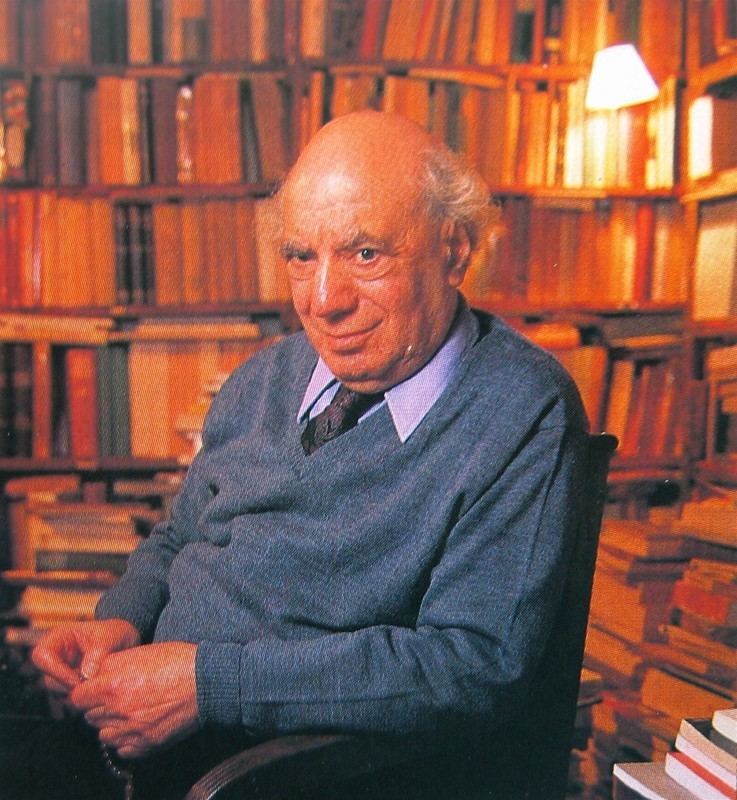
Maxime Rodinson
In French, this is not called ‘amour’ (love), but ‘amour propre’ (self-esteem). She was struggling to convince her readers about her judgment, evaluation and conclusions; she was therefore using the French language and structuring her sentences for this purpose, making always grammatically strong statements. The titles of her two books that I had already gone through offer a very good example in this regard; the structure ‘noun + past participle’ is in French far stronger than any similar structure in any other language.
VII. Suslov, Pravda, and ‘The State and Revolution’
Her seminars were attended by European, Asiatic, African and American students; we were all urged to subscribe to Pravda (Правда) and follow the directives as to how to decipher and interpret those heavily impacted by ideological jargon articles that had to always get an ‘imprimatur’ (official license) by hierarchical bureaucrats, who formed the Soviet equivalent of the Western ‘bourgeoisie aisée’ under the ‘spiritual’ or ‘sacerdotal’ or ‘ceremonial’ auspices of Mikhail Andreyevich Suslov (Михаил Андреевич Суслов; 1902-1982). And, to my eyes, this was a very serious problem.
No 2 in the Soviet hierarchy after Leonid Brezhnev, the ‘theoretical Custodian’ of the October Revolution, Second Secretary of the Communist Party of the Soviet Union (1965-1982), Senior Secretary of Ideology of the Communist Party of the Soviet Union (1948-1982), and (to use a Western vulgarity) ‘Chief Ideologue’ of the Communist Party of USSR, had failed to detect something truly crucial that was so obvious to my eyes: from the impulsive language that Lenin had used in his venerated ‘The State and Revolution’ (Государство и революция) there was nothing left in the routinely written, bureaucratic, apathetic, crystallized jargon of the Pravda scribes.
Irrespective of his ideas, opinions and choices, Lenin wrote in a vivid, sentimental manner with strong contrasts impressively painted thanks to his well-selected words; there was indeed life in his sentences. But Pravda texts in the 1970s were fossilized combinations of grammar, syntax and lexicography. I have to also add at this point that my familiarity with the ancient scribes of Mesopotamia and Egypt and with their role in the formulation of imperial and Pharaonic Annals helped me greatly understand that the role of the Pravda scribes in reality endangered the existence of the revolutionary Soviet state. Turning a ‘revolution’ to mere ‘ceremony’ is tantamount to funerals.
Suslov was at the time portrayed as a ‘hardliner’, but although I was under 25, I was already able to understand that such silly statements and descriptions were typical Anglo-Saxon propaganda good only for the ash-heap of history. But due to the ostensible mummification of the October Revolution, Suslov risked justifying the Anti-Soviet propaganda of the Western world. The long awaited, quasi-Messianic society that Lenin defined as ‘the dictatorship of the proletariat’ had unfortunately died in the meantime due to a malignant tumor named ‘Nomenklatura’. It was very clear to me at the time that the USSR could not live thanks to enthralling, impulsive and enthusiastic movements and ‘revolutions’ generated elsewhere (Vietnam, Cuba, Somalia, Yemen, Angola, etc.), simply because the heart (: Moscow) had already died.
Political science, economics, political economy, law, and international relations were apparently new scientific fields for me and I definitely had to make an extra effort; but the fact that I continued attending all my other courses in Orientalism offered me the unique opportunity to study in parallel international affairs in the times of the Neo-Assyrian Empire (mainly during 1st half of the 1st millennium BCE) and in Modern Times. The comparisons that I was able to then establish in the scholarly approach to either topics was of cardinal importance in my formative years and in the judgment of the modern societies that I was empowered to formulate in striking contrast with political scientists, geopolitical analysts, and politicians who think they know whereas they know nothing. About:
https://en.wikipedia.org/wiki/Mikhail_Suslov
VIII. My classmates at Sciences Po: today’s ignorant, worthless and miserable administrators and politicians
To most of my classmates in Orientalism, political developments and politics were entirely unimportant issues; still, by having learned aspects of the historical past of mankind, they had gradually acquired a certain perspective and they were able to make pertinent judgments, seeing things from far. Quite contrarily, to my classmates in Sciences Po, political developments and politics were of vital importance; to judge based on the passion that they expressed for these topics, I would say that they truly lived in order to monitor and comment politics. This was totally futile and useless, because they knew too many details about a topic for which they did not have any perspective and which they could not see from far. In reality, they could not ‘learn’ (let alone ‘understand’) politics and the ongoing political developments, because they only were part of them, i.e. part of the problem.
However, I have to state that Hélène Carrère d’Encausse stood perfectly well at her level; she was never induced to enter into political discussions that most of my classmates were eager to initiate supposedly making a ‘question about the course’! It was then clear to my eyes that she was not only a shrewd observer and an excellent author, but also a well-disciplined professor and a regimented academic, who never confused the political analysis of a system with the political talk.
Even worse, my classmates, who -in their majority- were graduates in Political Science, Law and Economics, could not distinguish between the fake historical narrative that political instructors of every government, party, elite or regime write and the true, objective, unbiased and impartial History as evidenced by textual and epigraphic sources, archaeological findings, ethnographic data, and the cultural life of each and every genuine nation. Please, note that I don’t mention here anything about spirituality, cult, faith and religion, because had I uttered one of those words, my classmates would have asked me to return to my theological seminar. So, to all of them, ‘History’ was only the historical forgery that their respective governments had forced them to ‘learn’ in the primary and secondary schools; in other words, it was a recently invented sketch that had absolutely nothing with the historical process.
I still remember the reaction of an Algerian schoolmate who was shocked when I spoke to him about the Berbers, the majestic mausoleums of the Ancient Numidian kings, and the Ancient Berber writing system. Having ostensibly been indoctrinated in the colonial falsehood of Panarabism, intoxicated with French Enlightenment, inculcated with Marxism-Leninism, and duly brainwashed against the importance of the Berber Islamic civilization, he wondered how I knew all that! He then started being too apologetic against his national identity (‘there are only few Berbers now’), imperial heritage (‘only for vacations we go to Tipaza’, i.e. the location of the tomb of Juba I of Numidia), cultural integrity (‘we don’t care about old traditions’), and historical continuity (‘no one reads Ibn Khaldun nowadays’). It then became clear to me that, with such people in the administration, Algeria under either Houari Boumédiène (1932-1978) or Chadli Bendjedid (1929-2012) would always be expendable stuff in the hands of either French or Soviet diplomats.
This situation made me realize, already back at those days, the worthlessness of politics; if the people, who study in order to learn and then get involved in politics and in the administration of their countries, first have been indoctrinated due to a totally constructed pseudo-historical narrative (geared only to validate infamous if not criminal political purposes and interests), and second fail to see from far the world in which they are, then ‘politics’ is an interminably reproduced problem that engulfs us all in temporary misery, compact absurdity, spiritual prison, and intellectual swamp with no way out.
IX. Nicos Poulantzas’ suicide & the Western leftist intelligentsia’s funerals
So, in the very last months of 1980 and in the first months of 1981, thanks to my conversations with Sciences Po classmates, I was able to early draw a very correct conclusion about an event that had already taken place before 12-15 months, shaking the academic-intellectual-political establishment of France: the suicide of Nicos Poulantzas (October 1979). Of course, when this event occurred, I did not bother at all about it, and my conventional response to pathetically ideologized friends and acquaintances was always the same:
– You cannot study cuneiform and hieroglyphic texts, learn about Hammurapi and Ramses III, pass exams on Thutmose III’s campaigns in Syria and Neo-Assyrian imperial Annals, and possibly spend one second for worthless leftist intelligentsia.
But I must admit that at the time I could not fathom why this incident happened. All the same, 15 months later, due to my contacts with postgraduate classmates in Political Science, the reason for this suicide was revealed to me quite easily. Simply, it was a natural circumstance. Such were those days of the ideologically leftist lunatics, such was the extreme focalization on absurd ‘thinkers’ and ignorant ‘intellectuals’, and such were the incommensurately high expectations of all these fools, that I conclusively realized that the entirely failed realm of anti-USSR (anti-Soviet) and anti-US (anti-capitalist) European theoreticians was predestined to doom, pulling -in the process- Western Europe (as we called the capitalist part of the continent) to final extinction. In other words, I saw back in 1980-1981 the impasse that many attest in Europe nowadays; it was inevitable.
The paranoia of those days had impacted our distinguished professor too; if you search among Hélène Carrère d’Encausse’s publications, books, lectures and public speeches, you will find many great essays and treatises about several czars and valuable presentations of the French-Russian relations; but if you check the dates, you will soon notice that they have all been published after 1991. It was a pity for us back in 1980, but it could not happen otherwise. She could certainly write at the time, as she finally did later, fascinating researches and comprehensive conclusions about Nicholas II, Alexander II, and Catherine II, but few people would read those books back in the late 1970s and the early 1980s.
Alexander II and his groundbreaking tenure are the key to understanding Russia before the Romanov, during the Soviet rule, and also today, but in 1980 most of the people and the students would feel that the brave imperial visionary was closer to Sargon of Akkad than to us! Such was the madness we lived in, and that’s why the people of my generation failed, the global situation deteriorated, and the entire world heads now to an unprecedented but well-deserved disaster. About:
https://fr.wikipedia.org/wiki/Nicos_Poulantzas
X. Either Leonid Brezhnev or Ronald Reagan – or get lost!
Speaking and writing about Soviet Union at the time necessitated a bold character and guts; this is so, because there were only two positions that you could defend before triggering a ‘tollé’ (an outcry) against you! From one side, you had all the Communists and the PCF (parti communiste français), who routinely reproduced the endless volumes printed by the Academy of Sciences of USSR and supported blindly whatever Brezhnev and his associates would decide.
From the other side, you were constrained to face the dark nebula of anti-Soviet European leftists, socialists, social-democrats, Trotskyists, anarchists, nihilists and atheists, who were so pathetically ideologized, so foolishly unrealistic, and so absurdly outlandish that you could not help but wish them all the same abominable fate as that of the aforementioned miserable self-murderer. All those trivial and useless scoundrels detonated volumes of hatred and negativity, described as hypothetical problems facts that were not troublesome, and -overwhelmed by their enormous psychological complex of inferiority- reached to unprecedented levels of theoretical, ideological, pseudo-scientific, and bogus-intellectual delirium.
Cursed and pathetic figures, the likes of Max Weber, Georg Lukacs, Antonio Gramsci, Theodor W. Adorno, Jean-Paul Sartre, Lucien Goldmann, Louis Althusser, Cornelius Castoriadis and many other nauseatingly defeatist faces, are the sole reason for all the problems standing in front of Europe, Africa and many other parts of the world today. But back in 1980 they constituted the ‘holy saints’ for mentally sick, psychologically abnormal, sentimentally dead, intellectually corrupt, and lazy students who had failed to understand first that not a shred of truth could possibly be found in the infernal texts of those petty ‘philosophers’ and second that they did not truly read, understand and appreciate all those texts, but they instantaneously accepted them beforehand only to obtain psychological support, socio-professional status, and economic privileges as ‘consecrated’ and ‘respected’ ‘followers of Adorno’, ‘admirers of Gramsci’, and ‘fans of Max Weber’. All this was disgustingly lowly but fake proletarian.
Opposite the aforementioned two standpoints, every liberal or conservative criticism of the USSR and of the European Left was automatically denounced as ‘betrayal of the labor class’, ‘petty bourgeoisie deviation’, ‘bloody imperialist exploitation’, ‘fascist reaction’ or even ‘feudal resurgence’. Last, the insults were culminating with the following words: ‘bigot’, ‘pietist’ or ‘Russian émigré’. So, it took strong courage and real guts for Hélène Carrère d’Encausse to launch a new, modest but realist, objective (as much as possible), and balanced approach and school of Sovietology. It would even be accurate to state that she created the discipline in France.
XI. How the Jadid Intellectuals impacted the formation of the Hélène Carrère d’Encausse School of Sovietology
Technically, Carrère d’Encausse’s approach must be categorized as belonging to the ‘totalitarian school’, namely all the Western academics who viewed the October Revolution as a historical accident and the Soviet state as a form of totalitarianism. She certainly does not make part of the ‘revisionist school’ that attempted to refute, cancel or condition the arguments made by the opposite school.
Although in her books, she may momentarily give the impression of being a political scientist and astute commentator, Carrère d’Encausse was a historian, and to this testifies her thesis. It was therefore normal for her to see things in perspective and to introduce new parameters to the academic discourse about the Soviet Union, notably the ethnic identity, the cultural integrity, the spirituality, and the religious affiliation.
Having learned Turkish to work on a vast documentation that her professor and mentor Maxime Rodinson guided her to find, having studied the texts of the great Uzbek Jadidist intellectual and scholar Abdurauf Fitrat (عبد الرؤوف فطرت; Абдурауф Фитрат; 1886-1938), and having understood what was at stake in Central Asia for either the Russian Empire or the Soviet Union, Hélène Carrère d’Encausse knew very well what and when to put on the table for discussion. Her approach was superior to that of many others, because it was at the same time systematic, realist, serious and comprehensive. About:
https://uz.wikipedia.org/wiki/Abdurauf_Fitrat
https://en.wikipedia.org/wiki/Abdurauf_Fitrat
https://ru.wikipedia.org/wiki/Фитрат,_Абдурауф
https://cyberleninka.ru/article/n/jadidism-ideology-conceptual-approaches-and-practice
https://ru.wikipedia.org/wiki/Джадидизм
https://jhss.ut.ac.ir/article_59453.html?lang=en
https://www.iranicaonline.org/articles/jadidism
https://tr.wikipedia.org/wiki/Cedidcilik
https://en.wikipedia.org/wiki/Jadid
XII. Charles de Gaulle, Georges Pompidou, and Hélène Carrère d’Encausse
Of course, she had the advantage to have also lived at a time when major statesmen like Charles de Gaulle were constantly giving the tuning note (‘donner le la’) to all the rest, specialists or not. But she was also a perspicacious researcher, and therefore she carefully noted that the illustrious French general and statesman never called the USSR with any of the country’s various appellations; to him, Moscow was always ‘Russia’ – either imperial or soviet. And this is what came to surface with her ‘L’Empire éclaté’.
Carrère d’Encausse was proud to say in one of her recent interviews that the man who welcomed her at the Sciences Po (where she also studied) was none else than Georges Pompidou (1911-1974), the former President of France; but before being elected in the presidency of his country with 58% (1969), Pompidou was the French Prime Minister who faced and vanquished the notorious May 1968 rebellion. And yet, Pompidou had never been elected before his appointment as prime minister (1962), having only been a close associate of General de Gaulle, a professor of French Literature in Sorbonne University, and the PDG (CEO) of the Rothschild Bank (1956-1958).
Hélène Carrère d’Encausse – “À Sciences po, l’homme qui m’a interrogée était Georges Pompidou”
https://fr.wikipedia.org/wiki/Georges_Pompidou
It was therefore only normal for my former professor to conclude that the soviet system had failed to find and implement updates, introduce constructive criticism, and initiate changes that would enable the vast country to cope with the various international socioeconomic developments; as long as the Soviet Union was not a sealed off territory and Moscow maintained commercial relations with other states, it would be imperative for the USSR to renovate accordingly.
XIII. Soviet Union, Spirituality, Religion and Eschatology
I mentioned spirituality earlier; this was entirely absent throughout Soviet Union, at least across the society and the government. The state was entirely composed by partisans who were ‘convinced’ that man was an entirely material entity, because ‘there was no spiritual universe’ and, as Lenin had said, thought ‘is’ the supreme function of the material world.
There were certainly psychics, astrologers, and many clairvoyants in the USSR, and many of them were consulted by the ruling elite of the Communist Party, but their abilities, skills, activities, energies and vibrations were believed to merely be the yet unstudied part of the material universe; it was thought that, once these fields would be duly explored and fully assessed, they would turn out to be new scientific disciplines.
Far from the fooled society and the faithless rulers, spiritual life was the deep, lifelong experience of several individuals, who happened to be indiscriminately Shaman, Christian, Muslim, Buddhist, Jewish or other; worshipping God does not really demand public space. Even more importantly, it does not demand seclusion and anachoretism or asceticism. Hélène Carrère d’Encausse knew this fact very well. As spirituality is a phenomenon that makes people focus on the spiritual universe and quite often disregard the material world, it was normal for every objective observer to expect that the October Revolution was too tiny an event to possibly eliminate spirituality.
Spirituality is personal, but religion is institutional; as such, religion was almost uprooted in the USSR, despite the fact that Stalin finally started to scale back the anti-religious campaign in 1941, as he needed the moral support of the Russian Orthodox Church during the Great Patriotic War (WW II). Things improved after the meeting Stalin had with the three top clerics of Soviet Union on 5th September 1943. All the same, 35 years later, it would still be absurd to expect things to change in the vast country only due to a religious revival; the Church was closely controlled by the administration. About:
The Russian Orthodox Church during the Great Patriotic War
https://www.prlib.ru/en/news/658956
https://tsarnicholas.org/category/great-patriotic-war-1941-45/
https://tass.com/society/944529
https://en.topwar.ru/8094-cerkov-i-velikaya-otechestvennaya-voyna.html
https://en.wikipedia.org/wiki/Patriarch_Sergius_of_Moscow
https://russiapost.info/politics/war_church
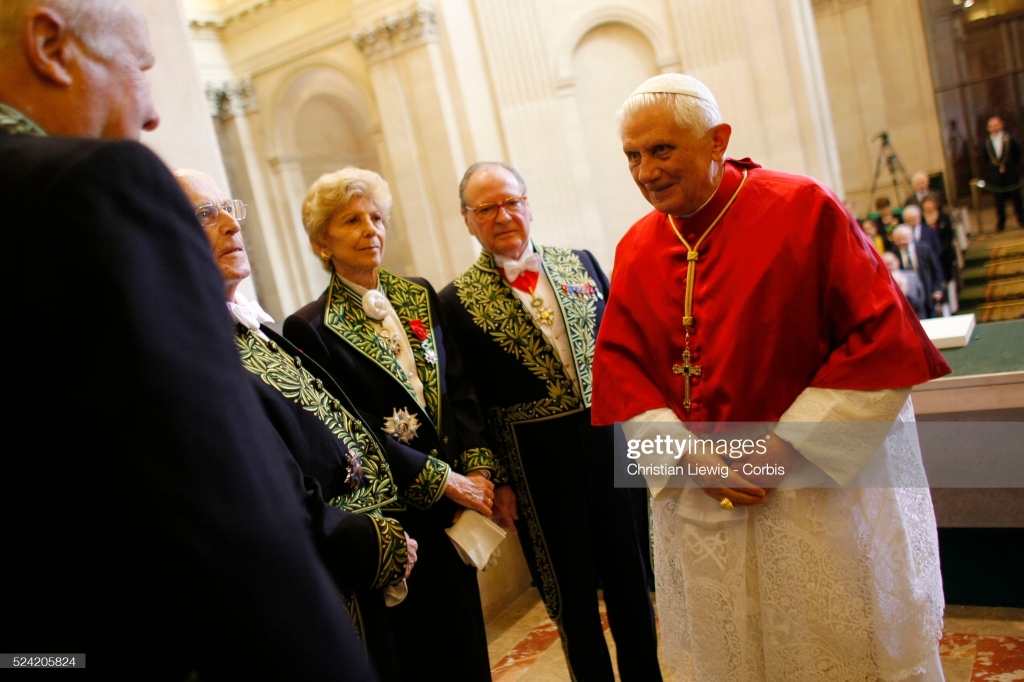
However, there were few peripheral nations from where a possible reversal, originating from a religious revival, could be initiated: Georgia, Armenia, and Poland. At this point, I have to state for the readers, who happen not to know the biographical details of the deceased academician, that she was of Georgian and Russian / German origin (from her mother side); her paternal grandfather was a Georgian statesman of the Russian Empire, whereas her father was Georges Zourabichvili (Георгий Зурабишвили/გიორგი ზურაბიშვილი; 1898-1944), a philosopher, economist, and taxi driver émigré, who was later considered to be collaborator with the German Occupation forces and then abducted and lost in September 1944. This means that Hélène Carrère d’Encausse, who was stateless (‘apatride’/’без гражданства’) for the first 21 years of her life, having been born Zourabichvili, knew the Caucasus region directly, pertinently, and authoritatively.
The Western involvement in this region had caused many wars between the Ottomans, the Russians, and the Iranians. But due to the denomination of the Armenians and the Georgians, any new Western interference would not bring spectacular results. Contrarily, Poland could attract a major intrusion, because Poles are Catholics. In this case, the country would serve as tool of a destabilization effort that would target the USSR, which had always been considered as a major opponent by the Roman Catholic Church, even more so because the atheist Soviet state stood on a territory that was never considered as duly Christianized by the Catholic popes, according to what the Third Secret of Fatima reveals (Consecration of Russia to the Immaculate Heart of Mary).
This affair extended the otherwise simple ‘religious concern’ for Poland to an apocalyptic ‘eschatological apprehension’ for Russia. Of course, although we all had an idea about the Fatima (Portugal) apparitions back in 1917 (which had already become known to Nicholas II little time before his, and his family’s, bloody and appalling execution), none of us took them seriously as far as USSR/Russia was concerned. All the same, the serious developments, which took place in Vatican (in 1978) and in Poland (in 1979), were closely monitored and adequately highlighted to us by our head of department.
XIV. John Paul II, Ronald Reagan, and the Polish quagmire
Following the brief passage (26 August-28 September 1978) of the assassinated Albino Luciani Pope John Paul I from the ‘Holy See’ (Sancta Sedes / Святой Престол), the controversial election of Karol Józef Wojtyła (1920-2005) as pope John Paul II, which was not accepted as canonical and legitimate by the Sedevacantists and Archbishop Giuseppe Siri, caused vivid discussions due to his origin and because of the fact that the circumstances were bizarre for the much disputed election of a Pole as the Roman Catholic pope. About:
https://en.wikipedia.org/wiki/August_1978_papal_conclave
https://en.wikipedia.org/wiki/October_1978_papal_conclave
https://en.wikipedia.org/wiki/Giuseppe_Siri
https://en.wikipedia.org/wiki/Papal_election_of_Giuseppe_Siri_theory
https://en.wikipedia.org/wiki/Sedevacantism
It was certainly a clear indication of degradation, if not degeneration, of the Soviet elite; the ‘old guard of Kremlin’ (namely Brezhnev, Kosygin, Suslov, Ustinov, Gromyko, Chernenko and Andropov) seemed unable to grasp the gravity of the moment and react immediately, resolutely and irrevocably. The result was that, few months only after his ‘election’, John Paul II asked the permission to visit the place where he was born. In fact, the game was lost. The papal visit took place in June 1979, and at this point, I have to herewith republish several paragraphs from a recently published article, which was written by a former American Ambassador to Vatican, only to demonstrate how clearly an astute reader can read in-between the lines of the text the otherwise invisible but extant traces of the anti-Soviet conspiracy.
The title of the article reads: “Nine Days that Sparked the U.S.-Holy See Partnership and Changed the World” (By Callista L. Gingrich, U.S. Ambassador to the Holy See). I herewith include two excerpts:
« …
From June 2-10, 1979, the Polish pontiff traveled across the nation of his birth, delivering more than 50 speeches, and inspiring a revolution of conscience that would transform Poland and reshape the spiritual and political landscape of the 20th century. Millions of Poles, crushed under the weight of Soviet tyranny, turned out to see the Holy Father. On the first day of his pilgrimage, in Warsaw’s Victory Square, Pope John Paul II declared, “There can be no just Europe without the independence of Poland marked on its map!”»
«…
Ronald Reagan was elated. At the time, he hosted a popular radio show and dedicated numerous broadcasts to John Paul II’s historic pilgrimage. “It has been a long time since we’ve seen a leader of such courage and such uncompromising dedication to simple morality,” Reagan said.
A few months later in November of 1979, the former Governor of California announced his candidacy for President of the United States. Soon after taking office, the President requested a meeting with the Pope.
The two leaders met in Vatican City in 1982, and it was then that President Reagan asked Pope John Paul II when he thought Eastern Europe would be free from Soviet domination. When the Pope responded, “In our lifetime,” the President took his hand and asked the Pope that together they make it happen.»
https://va usembassy gov/op-ed-nine-days-that-sparked-the-u-s-holy-see-partnership-and-changed-the-world/
The above lines show that the fall of Soviet Union is not merely a Mikhail Gorbachev affair, and that the intention to spread chaos, disorder, wars, moral depravity, and disastrous deterioration of the level of life -by means of fake promises and in the name of the nonsensical terms ‘freedom’, ‘democracy’, ‘human rights’ and the rest of the Western world’s evil jargon- existed already in the minds of various groups of power in Western Europe and North America.
It is noteworthy that Wojtyla’s hypocritical and malignant visit to Poland antedates the early strikes undertaken by the Solidarity ‘movement’. So, every Soviet reaction against evil initiatives undertaken by the Anti-Christian West was indeed two steps behind the developments. Thinking retrospectively, an observer may eventually suggest today that Wojciech Jaruzelski’s appointment as Chairman of the Council of Ministers (11 February 1981) should have taken place already before the Gdansk Agreement was formalized (31 August 1980); however, this is quite naïve and very wrong. Jaruzelski’s nomination should have taken place immediately after the ridiculous election of the Polish Anti-pope, and in addition, it should have resolutely and permanently blocked any perspective of papal visit to Poland. About:
https://en.wikipedia.org/wiki/Lech_Wa%C5%82%C4%99sa#Solidarity_movement
https://en.wikipedia.org/wiki/Wojciech_Jaruzelski#Leader_of_the_Polish_military_government
https://en.wikipedia.org/wiki/Solidarity_(Polish_trade_union)
https://en.wikipedia.org/wiki/History_of_Solidarity#Early_strikes_(1980)
https://en.wikipedia.org/wiki/Gda%C5%84sk_Agreement
In other words, the only way for Soviet Union to survive was to up the ante, and this was then very clear to my eyes. I was not anymore a Communist at the time; in fact, I had accepted that ideology, with the strict exception of its atheistic / materialistic part, for one year (i.e. 1975-1976), and then rejected it. However, a person with moral standards cannot possibly be a sectarian; consequently, he does not need to be a Communist in order to abhorrently disapprove of the US evildoing against the USSR. There is absolutely no Manichaeistic (or dualistic) reality in the realm of politics, states and governments, and only an idiot would believe that the US gangsters are ‘Christian’ and ‘good’, and that the atheistic governments represent the ‘focus of evil’, as per the well-known but ludicrous expression of the grotesque former US president Ronald Reagan.
What was the main mistake in the Soviet policy-making and propaganda? They did not understand that they denounced the US and the Western world in terms that were comprehensible or valid only to them (to the Soviet elite) and not to others. Quite contrarily, they should have identified the reasons for which the US and the other colonial states of the Western world were unacceptable, abhorrent, and also repugnant to others (Africans, Asiatics, Latin Americans, etc.), and they should have decried them accordingly.
The Soviet elite was making a propaganda war against the West, utilizing theories and ideologies instead of strikingly focusing on the down-to-earth reality, which would have offered them the most convincing elements of their anti-Western propaganda. In other words, the West was not contemptible because the theory of Marxism-Leninism defined so, but because numerous, real facts supported this conclusion.
To offer an example in the case of Poland, the pathetic and worthless Yuri Andropov should have identified the final target of Solidarity and he should have therefore warned the Poles that, instead of driving them back to the Christian faith, the secret guides of that execrable movement would impose the ‘freedom’ of prostitution, incest, homosexuality, fornication, and drugs throughout their country; many documentary movies from the abominable Woodstock Music and Art Fair (1969) should have been widely popularized to plainly reveal the true, pseudo-Christian, and execrable face of the lawless and valueless Western world. Even worse, the so-called Christian clergy of the West should have been accused for not campaigning against the Woodstock contamination in their own country in the first place.
But, quite unfortunately, this is the permanent error of every kind of sectarianism: you must never evaluate the ‘other’ as per your measures, standards and criteria, but according to his principles, values and virtues; and Marxism-Leninism had already become a sort of sectarianism in the USSR.
Most of my classmates were anti-Soviet, hawkish idiots, who confused Political Science with politics, and interstate relations with hypocritical and silly propaganda.
It is certainly to the credit of Hélène Carrère d’Encausse that she never allowed the enthusiastic anti-Russianism of our German, American and Polish classmates to affect our judgment and evaluation of the overall situation; it was clear that she was consciously educating future ambassadors, statesmen and diplomats, who would have to take into consideration the weight of History, many other parameters, and the bilateral relations in depth in order to compose. This standpoint was also obvious in her books; she was even criticized for not being an outspoken negator of the USSR. The following book review of one of her earlier published books is an example:
Hélène Carrère d’Encausse, L’Union Soviétique de Lénine à Staline, 1917-1953 [compte-rendu] sem-linkGeorges Mond
https://www.persee.fr/doc/receo_0035-1415_1974_num_5_4_1230
Immediately after the election of Ronald Reagan (4 November 1980), it was very clear to her that the détente was over, and this was what our professor immediately conveyed to us. The news shocked many of our classmates, who thought that this situation would last for long, whereas others were jubilant; but I was frozenly indifferent. From the heights of Sargonid Assyria or Nabonid Babylonia, which constituted my main field of specialization, my vivid concern, and my basic criteria, every Reagan and every Brezhnev looked to me as an insignificant mosquito. My good professor had actually reconfirmed my inclination repeatedly; if she forced herself to see things from distance, why shouldn’t I do the same?
About:
https://ru.wikipedia.org/wiki/Разрядка_международной_напряжённости
https://en.wikipedia.org/wiki/D%C3%A9tente
https://en.wikipedia.org/wiki/1980_United_States_presidential_election
https://history.state.gov/milestones/1969-1976/detente
XV. Viewpoint from the Mount Elbrus
‘Petite fille du Caucase’ (granddaughter of Caucasus), Hélène Carrère d’Encausse was always able to take the distance and observe from far. Physically, she was in Paris; but her academic and intellectual outpost was at the peak of Elbrus. She was able to discern crucial issues and unnoticed dimensions that no other specialists were able to timely identify – let alone incorporate in their conclusions. The viewpoint from the peak of Mount Elbrus in the Caucasus range of mountains must be very serene. The late academician was confident that, if they wanted, Georgians, Azeris, Armenians and other Caucasus nations could have -all- lived peacefully within one multi-ethnic state instead of mercilessly killing one another.
This was apparently a rightful conclusion, if one takes into consideration the Special Transcaucasian Committee (9 March 1917), the Transcaucasian Commissariat (11 November 1917), the short-lived Transcaucasian Democratic Federative Republic (22 April – 28 May 1918), and all the events that took place before the Ottoman and the German involvement in the region. About:
https://en.wikipedia.org/wiki/Mount_Elbrus
https://en.wikipedia.org/wiki/Caucasus_Mountains
https://en.wikipedia.org/wiki/Special_Transcaucasian_Committee
https://en.wikipedia.org/wiki/Transcaucasian_Commissariat
https://en.wikipedia.org/wiki/Transcaucasian_Democratic_Federative_Republic
The title of a tour schedule organized by the Connaissance & Partage Association reads ‘Cocasse Caucase’; echoing the name of the mountain, this adjective means ‘funny’ in French. But Caucasus is not funny. It is serious, tense, intense, and grave; and so was the presence of Hélène Carrère d’Encausse: sober, terse and austere. She was able to take her colleagues and assistants to a higher level of understanding, widen the horizons of her readers, and enrich the knowledge of her students with valuable data that they would need considerable time and a certain dose of luck to eventually find. About: https://www.connaissanceetpartage.net/new-blog/2020/11/26/caucasse
She was much demanded in politics (member of the European Parliament for the period 1994-1999), science (elected to seat 14 of the Académie Française, one of the five sections of the celebrated Institut de France on 13th December 1990; voted for the position of Permanent Secretary on 21 October 1999), and public debates (with an extraordinary record of interviews and participation in TV programs), but she always found the time to come up with new, outstanding books, groundbreaking lectures, and pertinent comments about socio-political, linguistic, bilateral and international affairs.
Despite her undeniable Georgian origin (her cousin being Salome Zourabichvili, the incumbent President of Georgia), and notwithstanding her evident congruence with the Russian mindset and mentality, Hélène Carrère d’Encausse was indeed a Parisian original. Although she became French only in 1950 at the age of 21, she dedicated herself to the vocation of bringing her own country and that of her ancestors together – and with spectacular success.
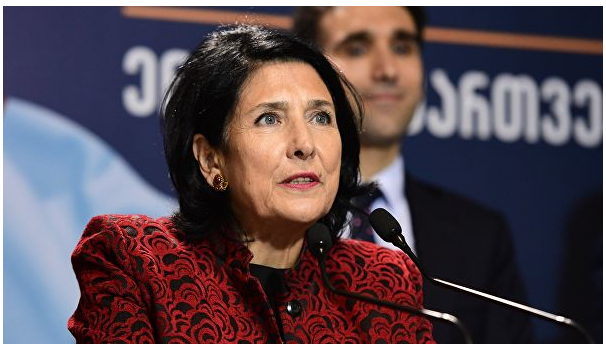
– Condolences by President Salome Zourabichvili on the Twitter –
«A la peine du départ de ma cousine germaine se mêle la fierté de son exemple. Historienne de renommée internationale, qui fut également mon professeur à Sciences Po. Femme d’avant garde qui aura, du haut de la Coupole, démontré à tant de jeunes filles que tout leur est possible».
«Issues d’une famille géorgienne ayant combatttu et fui le totalitarisme soviétique, nous avions en héritage une même reconnaissance envers la France et une même conviction européenne qui porta l’une au Parlement européen et l’autre à la Présidence de la Géorgie».
———————————————————————
With Hélène Carrère d’Encausse, one was certain that he would learn the truth about the essential of a topic. She was committed to displaying raw material, to making all the data available to the students, and to evaluating the synthesis that we were able to make. Her lies -or to put it better her untruths- concerned basically the form of the narrative or the description of a situation. But it was easy for a shrewd student to discover that this was rather her break time consumed in literary description and not her ordinary, scrupulous work of academic analysis.
To underscore the apparent lack of reassessments, amendments and rearrangements in the Soviet Union that were badly needed for the country’s survival, she used to often speak about «les septuagénaires et les octogénaires», who ruled the world’s leading communist state. The underlying fact was correct indeed; in many aspects Soviet Union was almost ‘archaic’. But the statement itself was deceitful; in 1980, Brezhnev was 74 years old, Suslov 78, Gromyko 71, Chernenko 69, and Andropov 66. But why on earth should the age of the ruling elite of the USSR be truly a matter of concern, when Ronald Reagan was 69, François Mitterrand 64, James Callaghan 68, and Willy Brandt 67? Of course, our professor certainly recalled that Charles de Gaulle returned to power in France (in 1958) at the age of 68 and served as president until 1969 (when 79), Konrad Adenauer was in office until 1963 (when 87), whereas Alcide De Gasperi was prime minister until 1953 (when 72). Furthermore, Winston Churchill served as prime minister until 1955 (when 81), Amintore Fanfani was appointed as prime minister in 1982 (for a fourth time) at the age of 74. However, by duly utilizing the age of the Soviet rulers, Hélène Carrère d’Encausse was trying to basically impress young audience.
Serving as adviser to many presidents, the granddaughter of Caucasus could do and actually did many good things for the benefit of the French-Russian relations and to the advantage of France; European Union (then ‘European Communities’) could also capitalize thereon. As she was sought after by the French political elite, she did her best in every sense, but she did not take any political decision as she was never a minister, prime minister or president. And this was the problem for France; because to mostly benefit from her advice, understanding, and perspective, the various elected governments and presidents of France should have taken very different decisions on many other topics, which would affect and also be affected by the Franco-Russian relationship.
For France and Europe, it is as simple as that: you cannot possibly imagine having good relations and strong partnership with Russia as long as you don’t follow the example of Charles de Gaulle against UK, NATO and the US. And it is so, either we live in 1965 or in 2023.
No French president could possibly utilize Hélène Carrère d’Encausse’s pertinent advice, as long as he had not taken in advance a long series of measures to restore continental (or if you prefer ‘landmass’) concord and integration and to keep the various maritime powers out of Eurasia. This is the task of Russia/USSR to do, as far as Russian/Soviet territory is concerned; similarly, this is the imperative duty for France, Germany, China, India, Iran, Turkey, Italy, Spain and several other countries to carry out respectively. But to do this, the French political class should first uproot the parasitic weeds and remove the toxic pro-UK, pro-US and pro-NATO elements by any possible means. There are no foreign policy perspectives before the clearance of internal enemies. All the problems that France faces now are due to the absurd and calamitous way the country was governed after 1969, and more particularly after 1981. But an erudite academician and a formidable connoisseur is not a determined statesman.
XVI. The European convictions and the pragmatism of Hélène Carrère d’Encausse
I got my DEA (Diplôme d’études approfondies) in July 1981; the extra part of studies that I wanted to add to my Orientalist formation was completed, and after 3 years of studies in Paris, I moved to London, only to continue next year to Brussels and then to Muenster. Due to Hélène Carrère d’Encausse, many of my convictions were fully confirmed, my horizons greatly broadened, and my perception of the Afro-Eurasiatic continental unity finally born. Only after 1981, I started realizing that borders mean truly nothing; this definitely proved to be indispensable for my life and explorations in the following years, when I moved to the Orient.
The formation that was given to all of us was certainly Western, but thanks to my Orientalist background and my explorations in Eastern Turkey, Syria, Palestine, Iraq, Iran, Pakistan and other countries, I gradually converted it to the new terms and codes of comprehension that I was then creating in order to better assess the objects of my researches. The education that all my professors in Greece, France, England, Belgium and Germany gave to me and to all of my classmates was good but only up to a certain extent; I confirmed my opinion in Israel. I did the same in Syria and Iraq where I realized that the education given to locals, who had studied in Europe, was in reality ‘bon pour l’Orient’, i.e. a unilateral viewpoint that served the interests of few states in Western Europe, and those of their academic and intellectual elites.
But this education was too little or too erroneous for someone, who intended to objectively assess and comprehend the human genius in its entirety, the history of Mankind in its originality and the living spirit of Man in its integrity. After several years of trouble, self-contradictory opinions, and premature judgments, some time in the late 1980s, while in Iran, I realized that ultimately the academic education offered in Western Europe was ‘bon pour l’Occident’ – only!
It is not a matter of deliberate falsehood, but of partly examination of the topic; having no spherical perspective on a research topic, you condemn yourself in the position of a unilateral observer, who has no multiple viewpoints on his study subject. You cannot possibly evaluate correctly anything if you happen to view it as a parameter of your own interests. The French-Russian relationship has to be viewed from Moscow’s standpoint and from Paris’ point of view. If you don’t view this topic or any other issue in this manner and you apply a one-viewpoint approach to your study, your conclusions will be wrong, because simply you will have become, even without understanding it, part of the problem.
I kept reading books and interviews of my late professor, while living in different countries in Asia and Africa; with the advent of the Internet, I also had the chance to watch many of her speeches and lectures. She certainly gave a new dimension to her career by ‘forgetting’ Soviet Union and delving into the Russian past – well, mainly the 18th and the 19th centuries. But she always reproduced the same pattern that could not allow her to go beyond the level of ‘borders’.
Hélène Carrère d’Encausse’s Russia is a truthful, genuine Russia that exists only for the interests of the French vision of this world! Is that an extraordinary assessment of mine? Not at all! Read some paragraphs from her books or watch some of her online interviews! The same approach is everywhere: during five centuries, the French-Russian relations existed only for France to tame and civilize Russia! After the beginning of the Russian special military operation in Ukraine, speaking to a journalist about Sergey Lavrov, she described him as ‘very civilized’! Oh! Really?
– Who provided her with a special counter, a civilo-meter if you want, so that she measures every now and then the degree of civilization of the Russians and the others?
This incredible arrogance and absurd degree of Franco-centrism or Euro-centrism unfortunately does not constitute a personal issue of the deceased academician. It is an inherent part of the Western European education and it can be attested over the past centuries in all the major colonial countries. The personal problem of Hélène Carrère d’Encausse is that her multilingual and multicultural past, family traditions, culture and knowledge proved to be weak opposite her overwhelming (I should say ‘excessive’) degree of Francization. Despite her undeniable advantages and in-depth knowledge, she functioned like a clerical assistant or a high functionary of the state administration. This partiality reduced her effectiveness and limited her pragmatism.
Although she repeatedly stated that the world decisions are not taken any more in Europe or the West world, which is very correct and very exact, she failed to attack and destroy the delusions of all those who undeservedly accused her (and Hubert Védrine) for anti-Americanism. This is not a joke! Read here the typical nonsense or the folly that is being published in France and in other European countries to get an idea:
La pieuvre. Pourquoi le régime de Poutine doit être défait
https://www.cairn.info/revue-esprit-2023-4-page-XV.htm?contenu=resume
An even worse sample of absurd disinformation you can find here:
Despite the fact that Hélène Carrère d’Encausse repeatedly admitted in her interviews that it is up to Moscow to decide where Russia belongs, i.e. either in Asia (with China, India, Iran, etc.) or in Europe (with the ‘civilized world’!), she failed to explain to her compatriots three crucial topics:
First, if the entire political-academic-intellectual establishment in Moscow finally comprehends that Russia has always been an Oriental state, this will be the first defeat of a multilateral Western European scheme systematically perpetrated against Russia for no less than 550 years by means of gradual Occidentalization, cultural identity elimination, and socio-economic subordination.
Second, Russia has always been an Oriental state, either this reality was perceived as such by all parts of the Russian Imperial, Soviet and Republican elites or not.
Third, if the entire Eurasiatic alliance, Russia included, appears as a coherently established organization at the international level in the years ahead, the European Union, France included, will have to either adhere to the new superpower or simply disintegrate.
Of course, I am fully conscious of what my late professor’s answer would have been, had I had the chance to discuss with her this topic any time recently! She would find a typical article produced by Foreign Minister Sergey Lavrov and she would respond to me, saying:
– This is not what I only describe! This is what the Russians say about themselves in the first place!
And she would have been right! But I never pretended that this situation concerned only her approach. The problem exists also in the Russian perception of themselves, after many centuries of Western interference and compact effort to westernize Russia. Example (dating back to 2016s):
But, again, I have to admit that these major issues demand statesmanship decision and do not depend on academic advice; in addition, as leading historian and political scientist, Hélène Carrère d’Encausse offered either in-depth presentation of the past or pragmatic evaluation of current circumstances. However, she never attempted to spearhead dramatic changes at the international level; in this regard, she was quite different from her famous ‘heroine’, Alexandra Mikhailovna Kollontai (Александра Михайловна Коллонтай; 1872-1952), to whom she dedicated her last research and book. About:
https://www.fayard.fr/histoire/alexandra-kollontai-9782213721248s
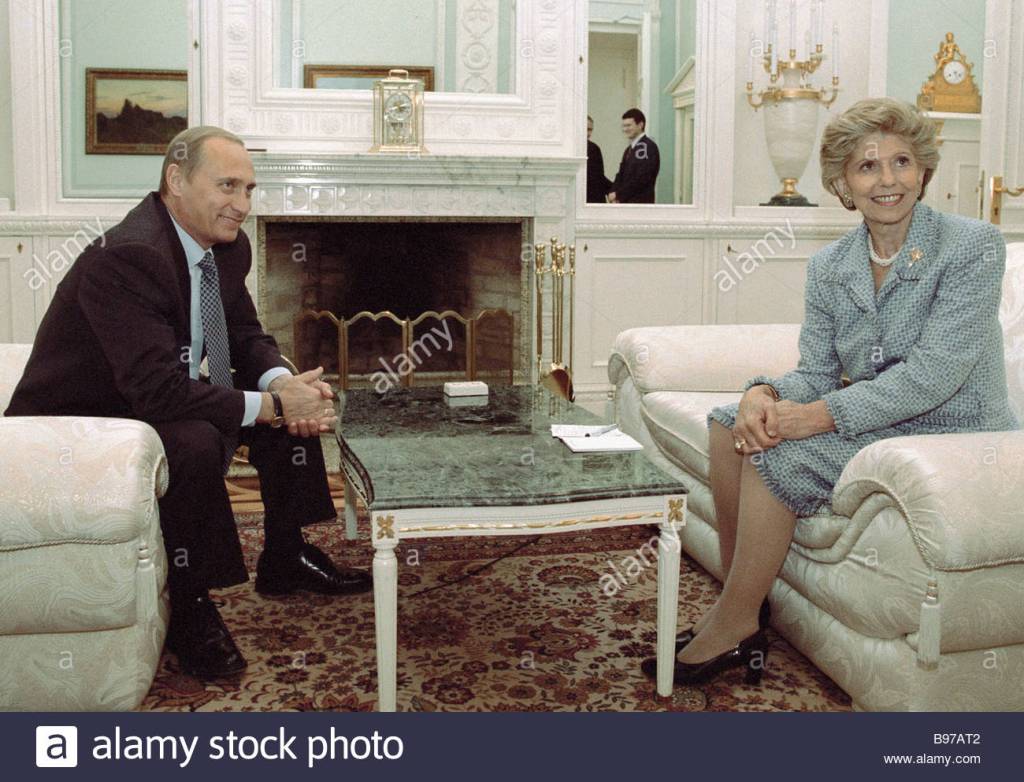
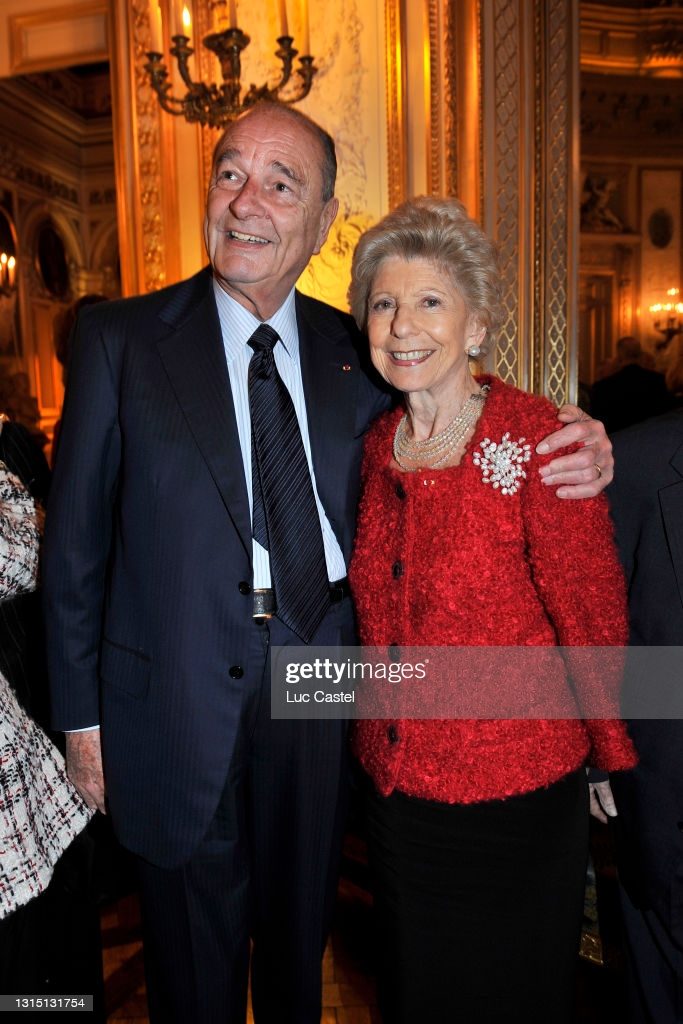
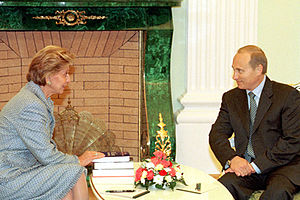
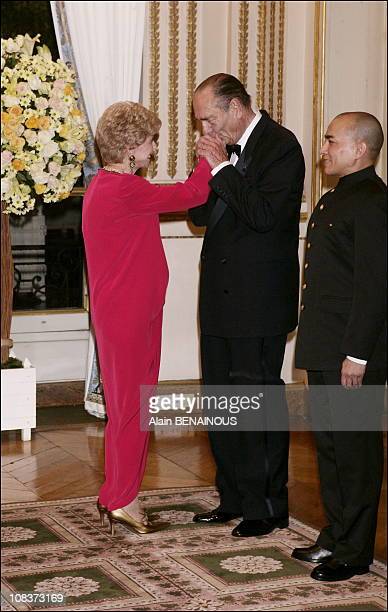
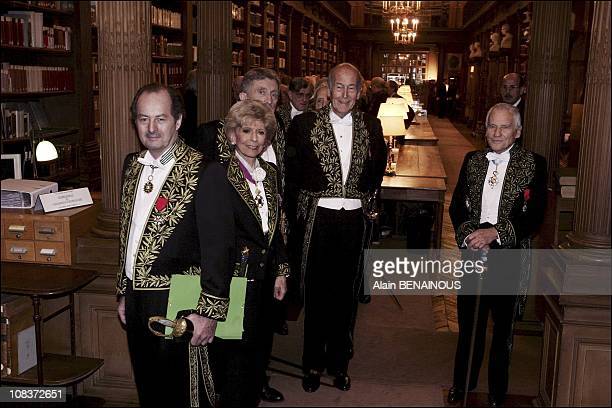
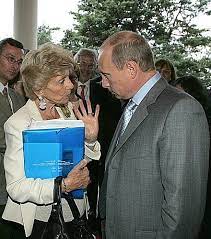
XVII. The limits of historiography: a History of leaders and governance or a History of peoples and culture?
Great historian is not the one who writes many books and lengthy articles or comes up with the publication of new textual sources, fresh interpretations, resourceful conceptualizations, inventive contextualization of historical events and processes, groundbreaking approaches, and valuable rectifications of earlier errors, distortions, omissions and oversights; great historian is the one whose publications also offer the chance to discuss general issues of History in the light of the superb manner he/she reconstructs and represents a moment of the past throughout one of his/her texts.
Historiography is not History; it is merely a reconstruction, namely a representation of facts, circumstances, conditions, situations or even processes and developments over a certain span of time. Either you write one day or one millennium after a battle, what you write is never ‘History’; it is historiography. Of course, if you share a life experience as a real testimony or if you rely on authoritative documentation and key sources, writing little time after an event happened, your text will be considered as a ‘historical source’, whereas if you examine the historical sources about an event, your text will be classified as ‘bibliography’. However, this is a minor differentiation; the major distinction is between History and historiography; History is exclusively what happened. Even the Annals of Sargon II of Assyria or Julius Caesar’s Commentarii de Bello Gallico constitute ‘historiography’, not History.
But by means of a forceful manner of reconstruction of the historical past (or of representation of the historical events and processes) a great historian impacts other historians who may even be specializing in other fields of History. This is due to the fact that, after the adequate completion of the documentation and the comprehension processes, the reconstruction of the data involves intellectual effort, mental endeavor, and a great deal of imagination, more particularly in the identification of data interconnection.
Assessing how each piece of data is (or may be) interconnected with another is a work that can be done by every historian; but there is an enormous difference in this regard, due to the fact that there are scholars, who proceeding mechanically end up writing a dead narrative, and others, who -ingeniously feeling human life in all the pieces of data that they have collected- manage to come up with a most vivacious narrative that fully reflects the events. After all and put in few words, History is inherent and integral part of Life. But only the great historians reach this level of reconstruction. And Hélène Carrère d’Encausse repeatedly demonstrated that she was feeling the life of the environment that she reconstructed in her books. After all, it is the charisma of the great historians to know very well where the limits stand; and by this, I mean the invisible boundaries between historiography and literature.
Reading Hélène Carrère d’Encausse’s books, one gets the impression that she wrote a History made by leaders, administrations, elites, structures of governance, and series of successive decisions that impacted one another, always bringing the respective consequences. And this is true! My late professor viewed History mostly as a matter of states and ‘political power’; she kept using the term even when speaking about Soviet Union whereas there was no politics at all in that country, due to the fact that the dictatorship of proletariat -in and by itself- is the living rejection of politics. She was at the antipodes of the renowned Soviet-Russian historian Lev Gumilev (Лев Николаевич Гумилёв; 1912-1992), who was her senior by 17 years.
Strong advocate of Eurasianism, theoretician of the ethnogenesis phenomenon, great conceptual thinker who invented the concept of passionarity, adept of historiosophy, the son of Nikolai Gumilev and Anna Akhmatova portrayed History in an entirely different manner, giving the impression that History is composed by societies of people with venerated traditions, moral values, folk tales, narrative history, age-old habits, heroic legends, distinct idiosyncrasy, traditional sports, vivid spirituality, daily expression of piety, strong feeling of sacredness, rich material culture, genuine sense of communality, behavioral authenticity, imaginative impulse, unquestionable equality among the society members, strong attachment to their identity, adamant respect for their integrity, unconditional rejection of any corrupt attitude, concept or idea, and uncompromising commitment to community/society preservation.
In this case, there are no ‘leaders’; there is no bureaucracy; the administrative affairs are fast expedited; any notion of state is worthless or evil; and the male members of the community meet to decide on equal basis about every matter. They all fight together, they all migrate together, and they all resettle together. No bravery can possibly qualify for preferential treatment or ‘leadership’, because bravery is the common task for all men, and there is no exception in this regard. On the other hand, all the heroic deeds are immortalized as legends in the oral culture, which is far more valued than worthless written paperwork that can contain lies to confuse posterior generations. This is a History of peoples and culture, because for the historian, who has this vision of the historical developments, even in cases of kingdoms, empires, temples, emperors and high priests, it is culture and civilization that impact their decision-making and not vice versa.
The two schools are irreconcilable like oil and water; however there is a determinate distinction, which is intrinsic to the two diametrically opposed geostrategic models. There cannot be triumphant Eurasianism without a History of peoples and culture.
There cannot be effective Atlanticism without History of leaders and governance. However, all people know that ‘Atlantis’ sank every time; it is irrevocably inevitable.
Despite her attachment to France, Hélène Carrère d’Encausse realized this factor. That is why she tried to preserve the invisible bridges between Paris and Moscow; with all her intellectual force and outstanding eloquence.
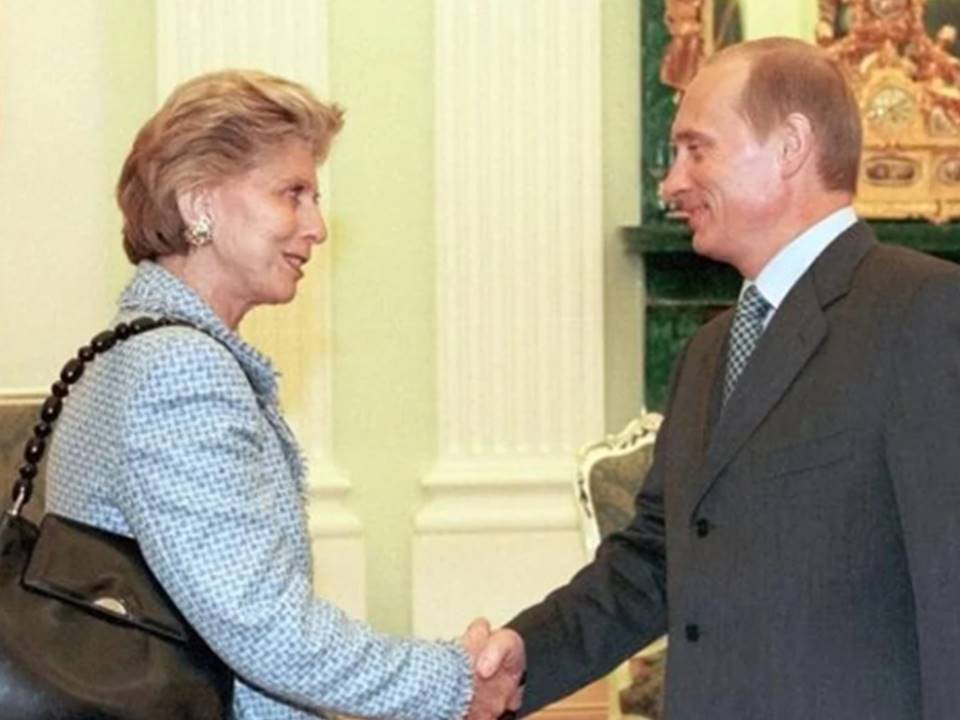
———————————————————————-
Download the Obituary in PDF:
Download the Obituary in Word doc.:



